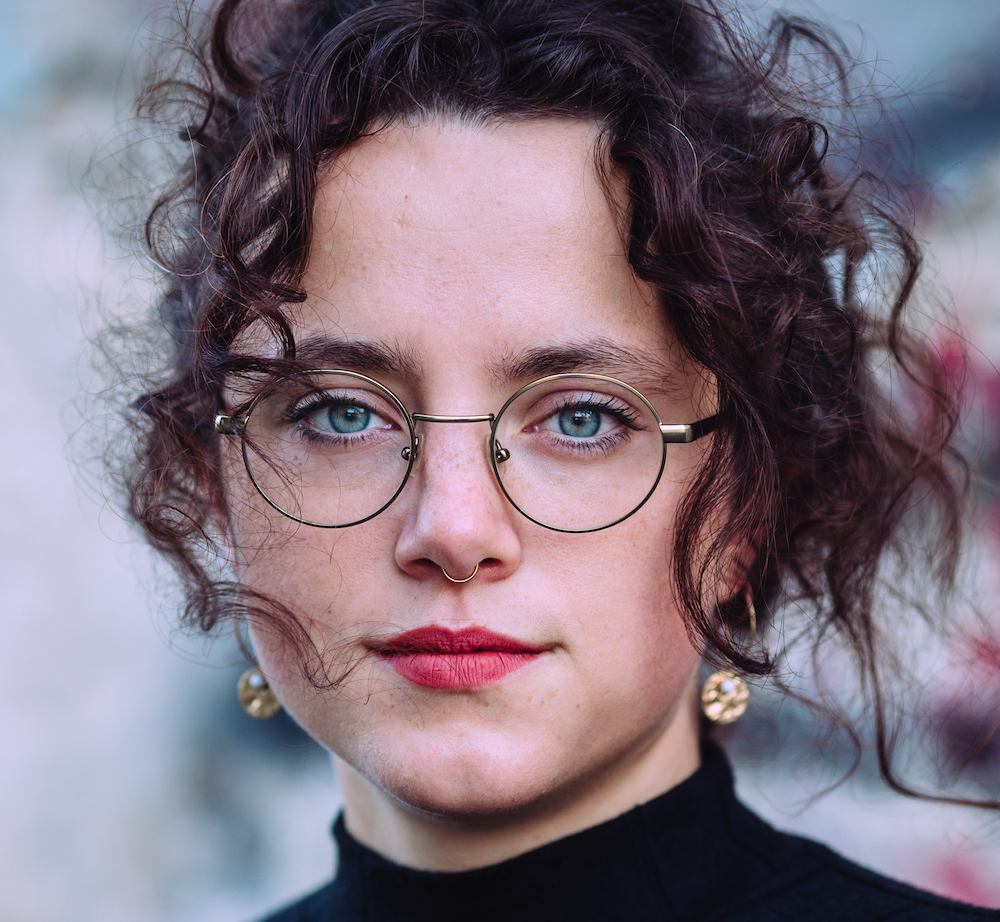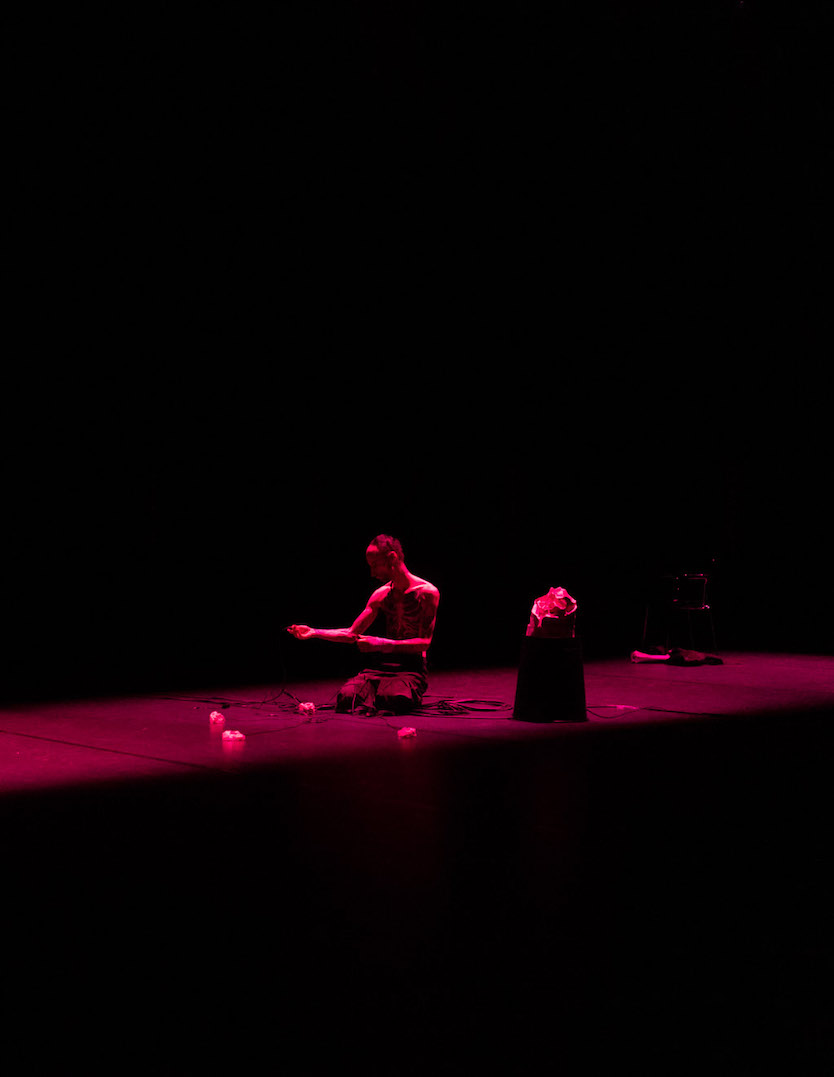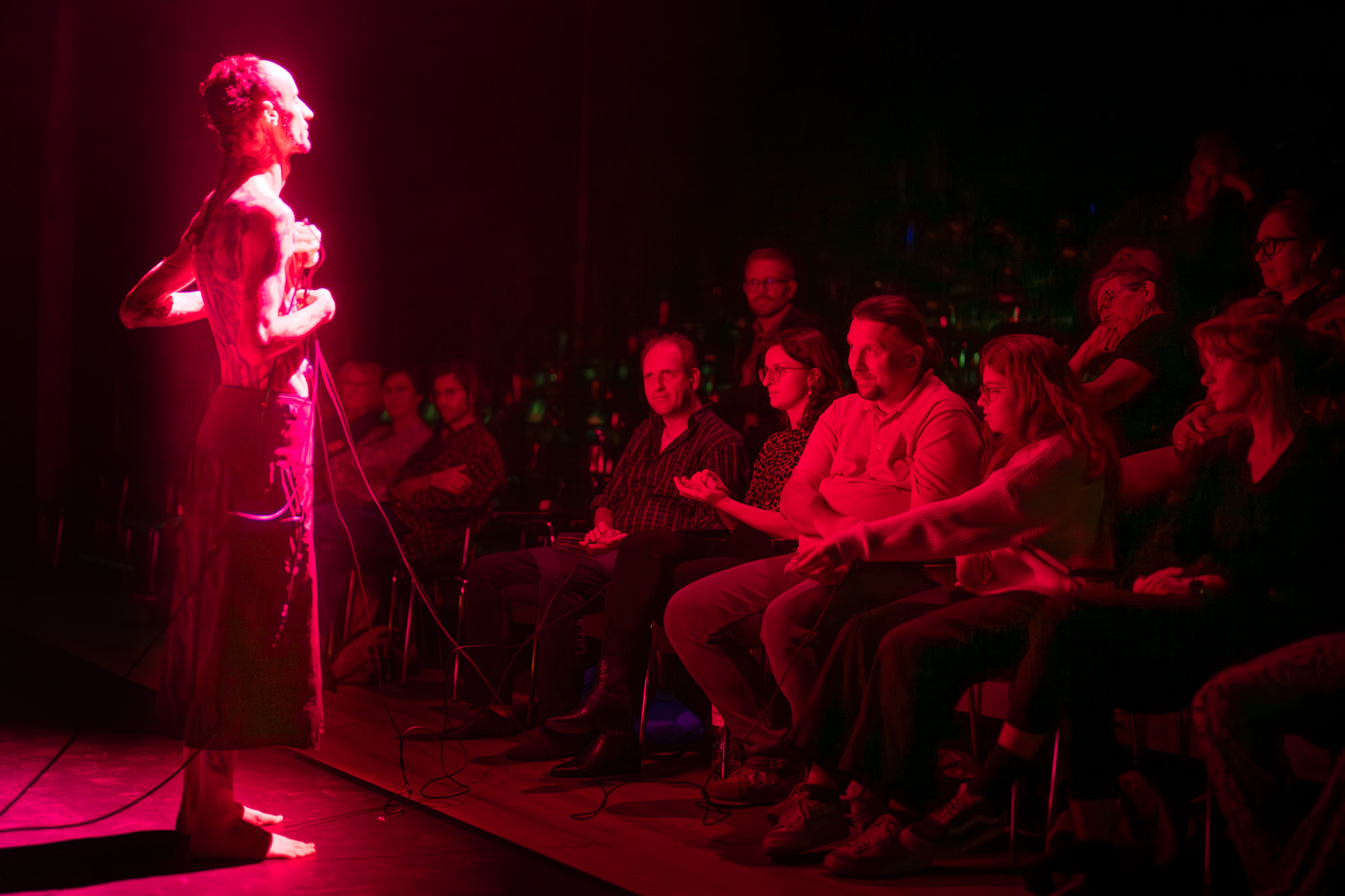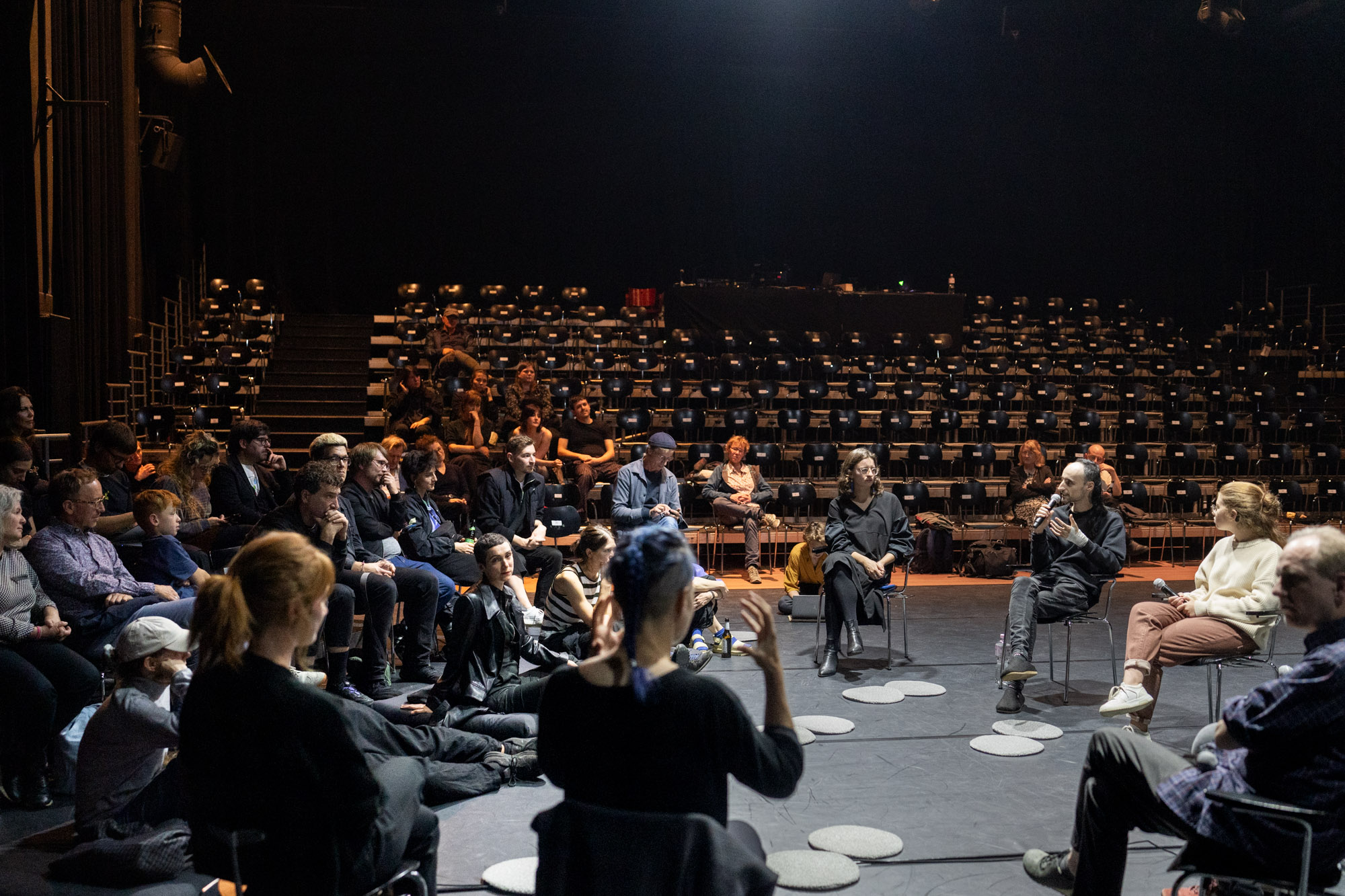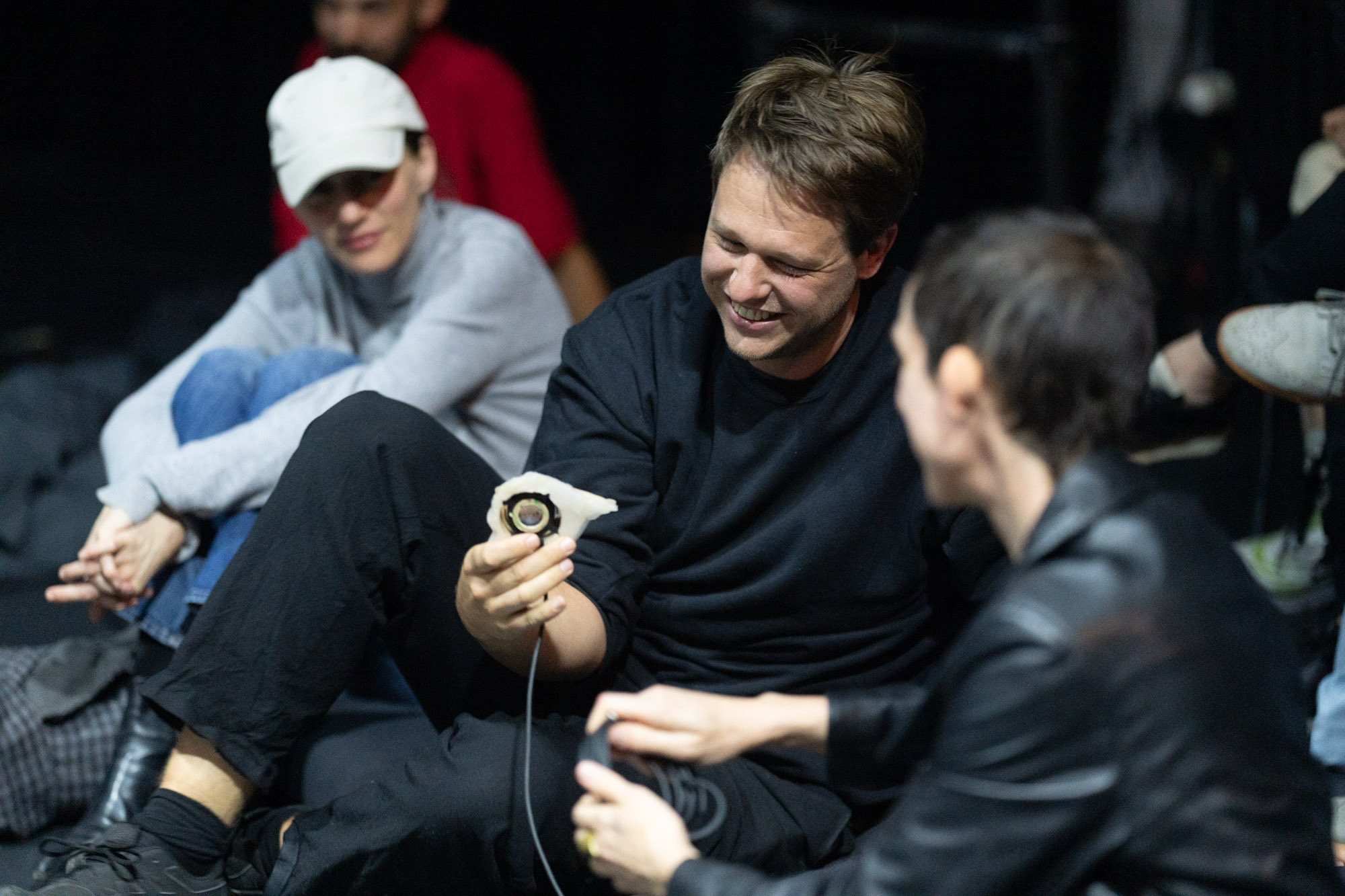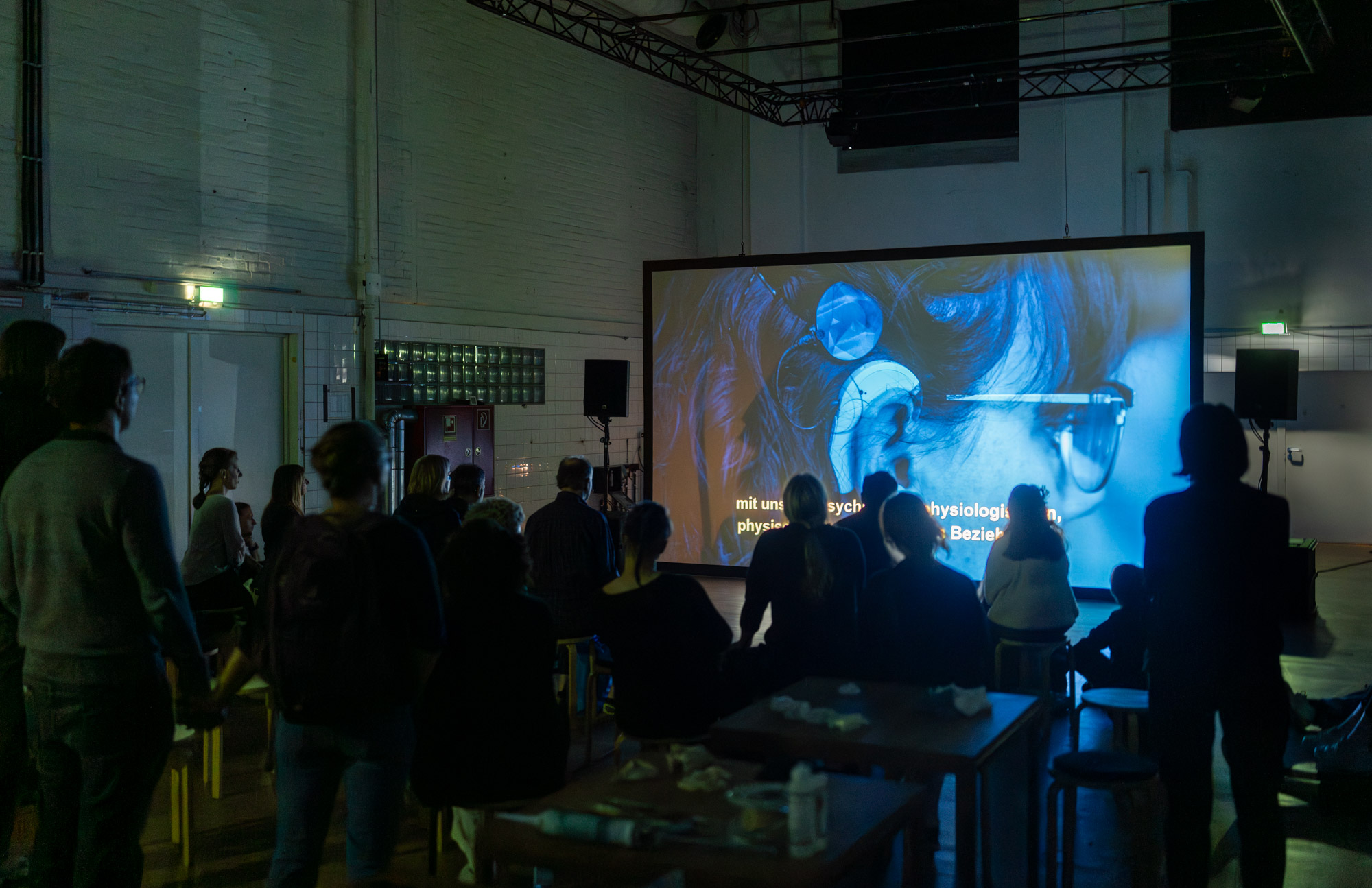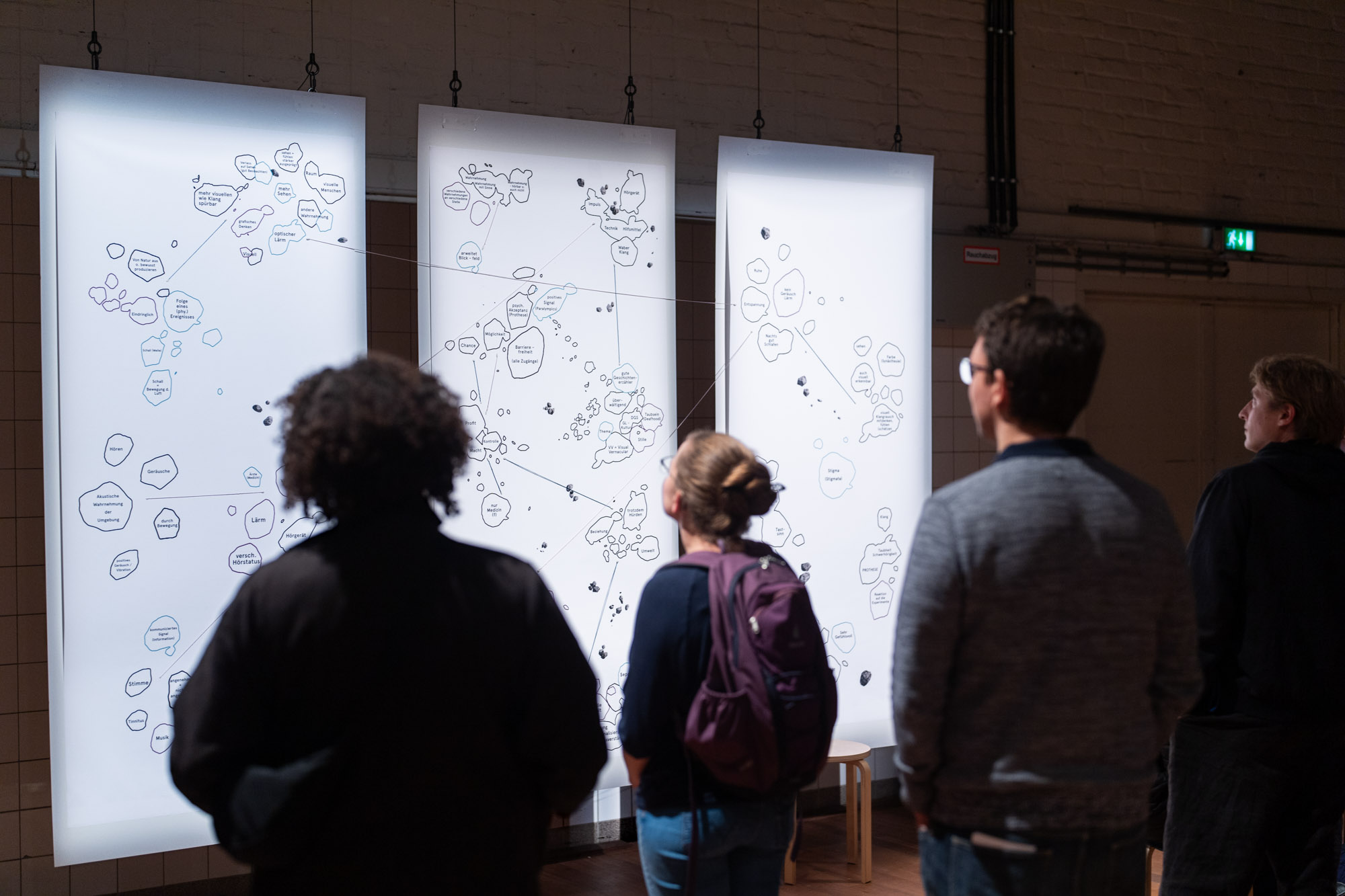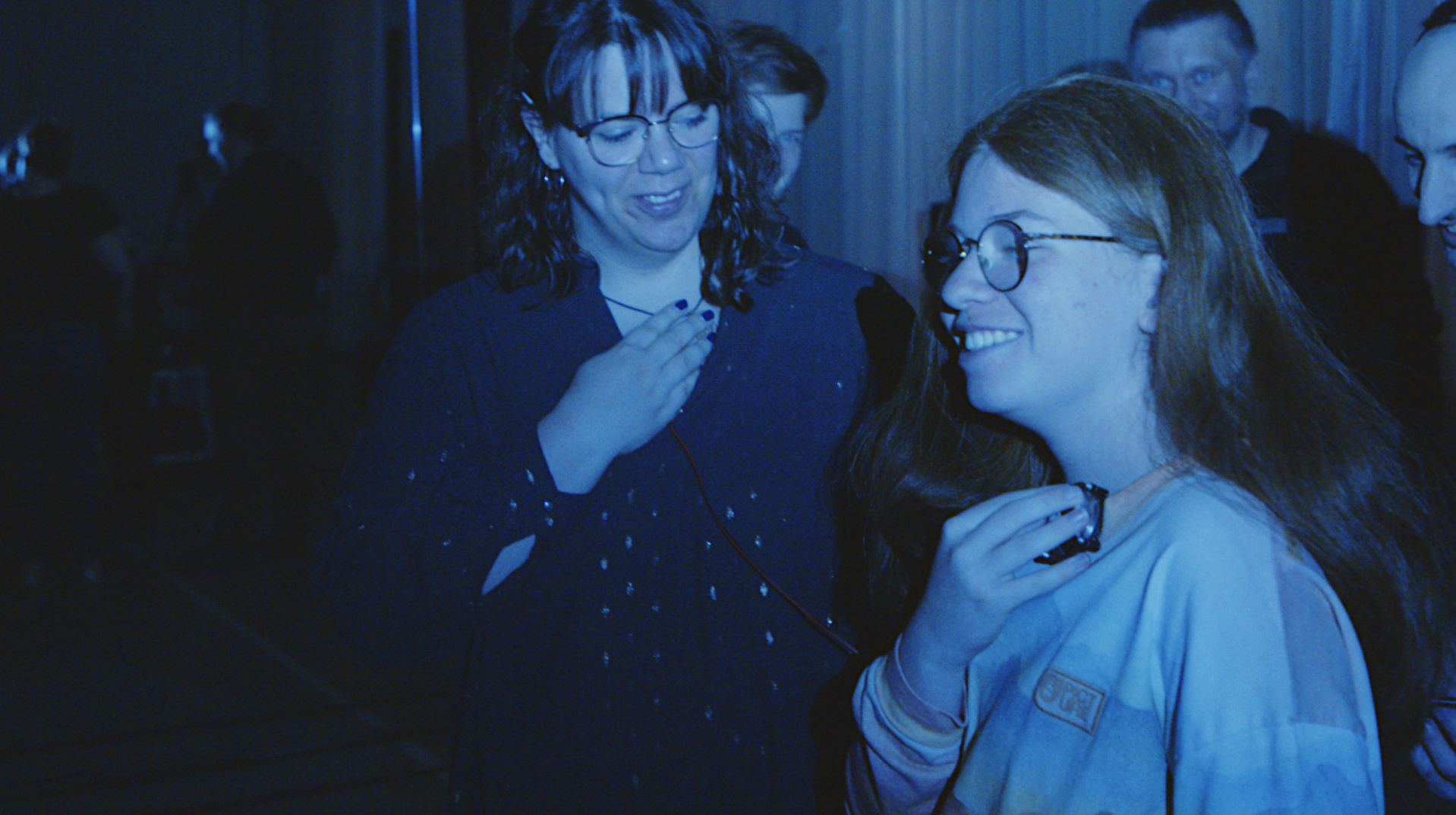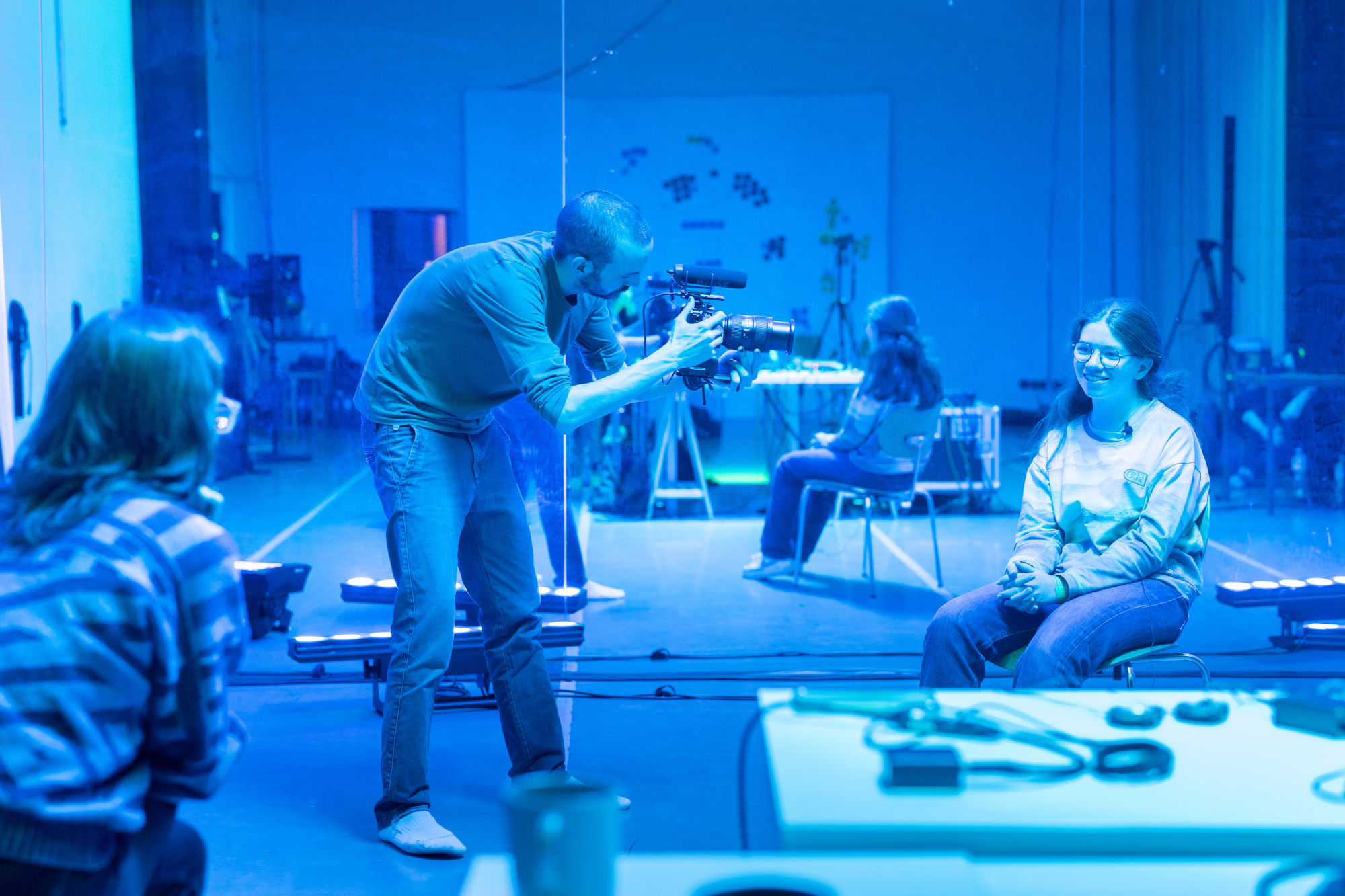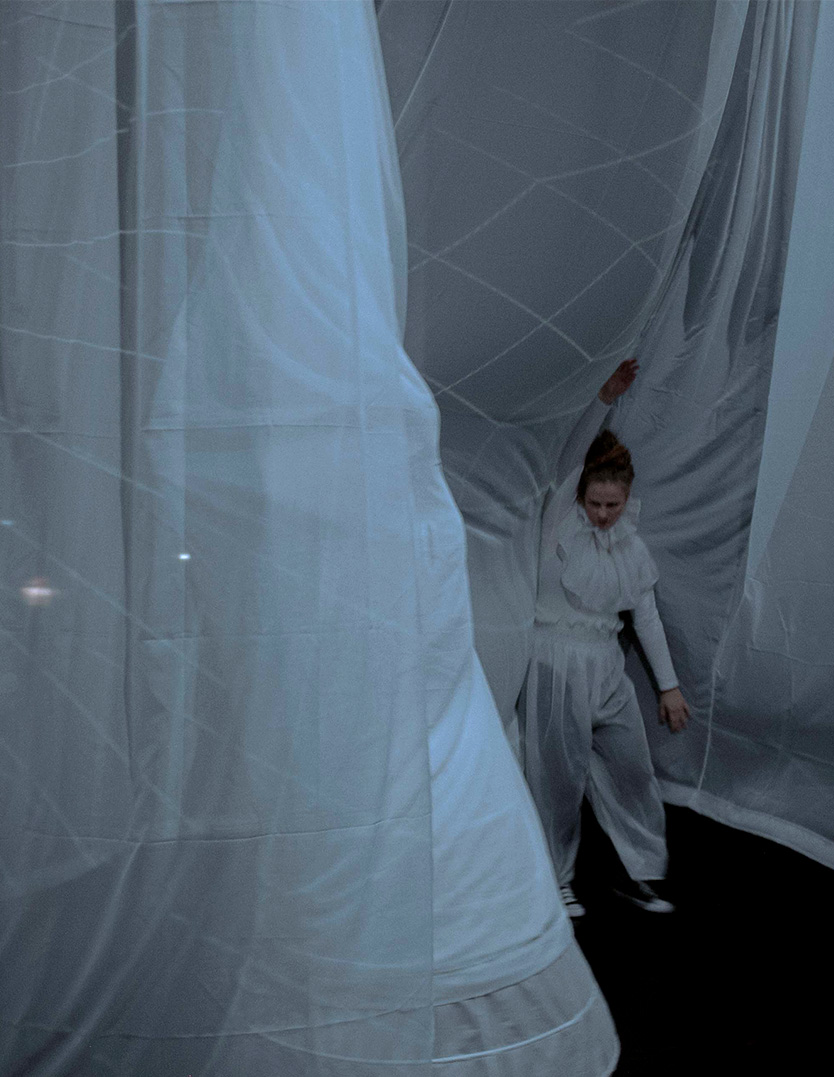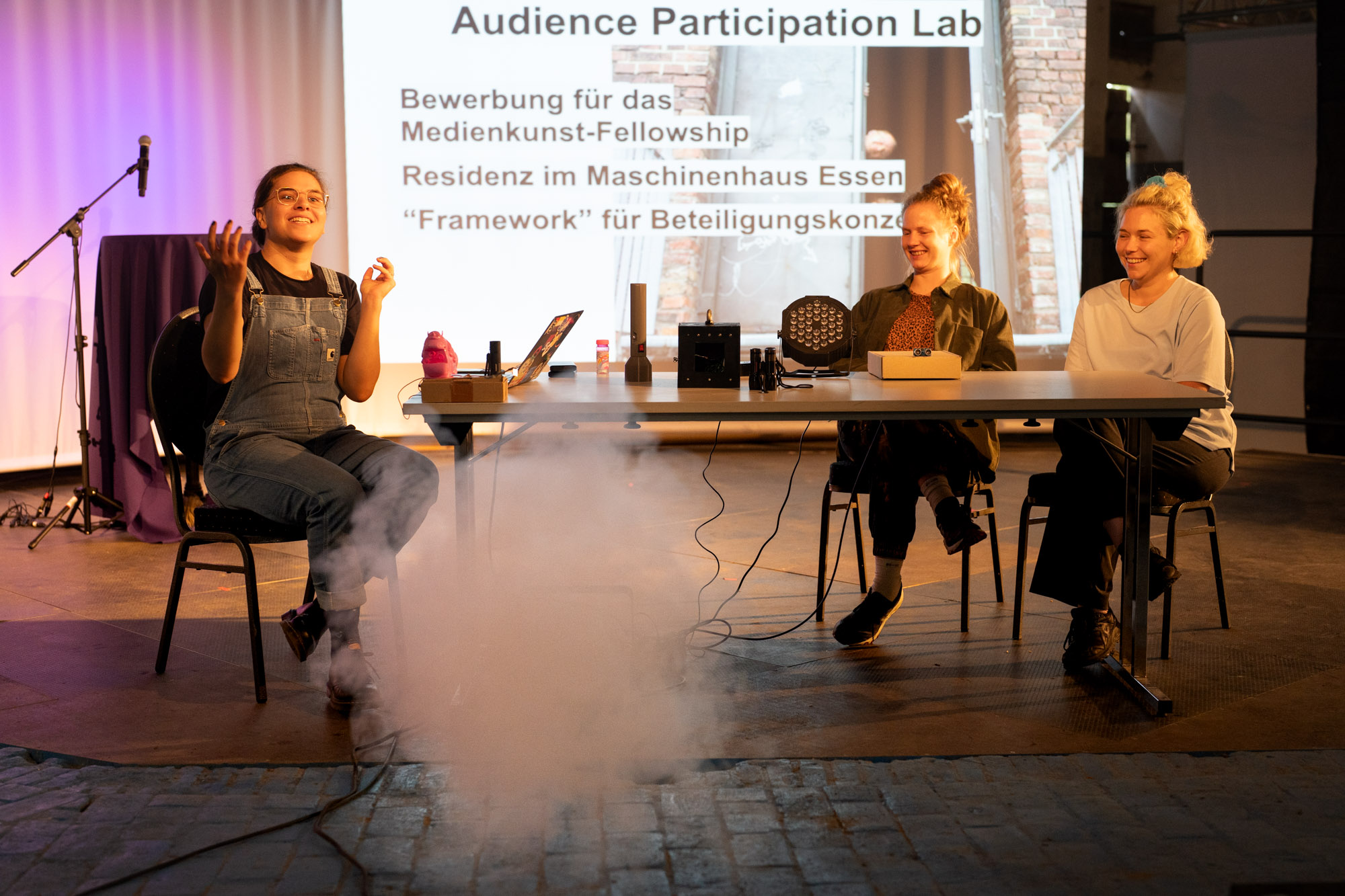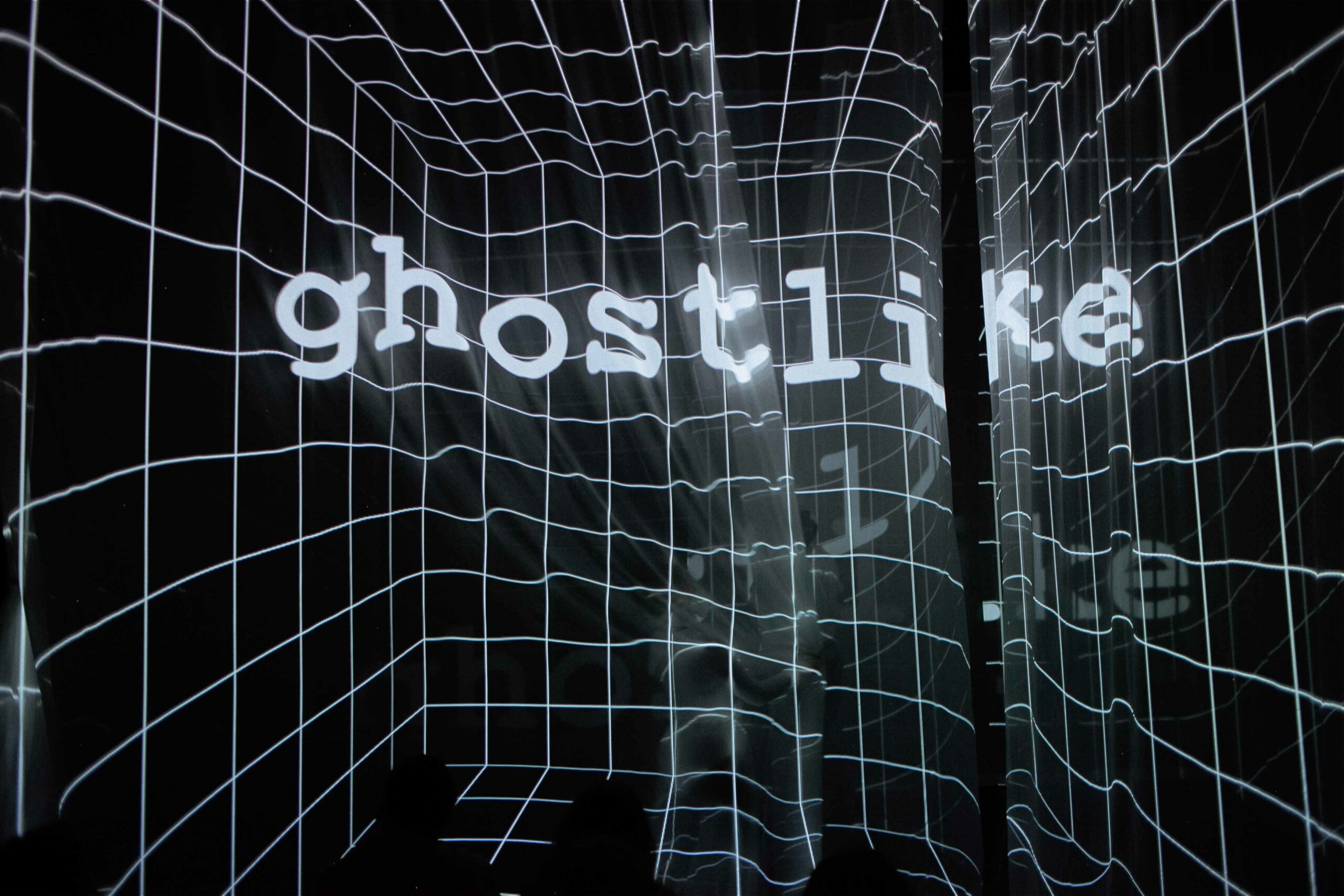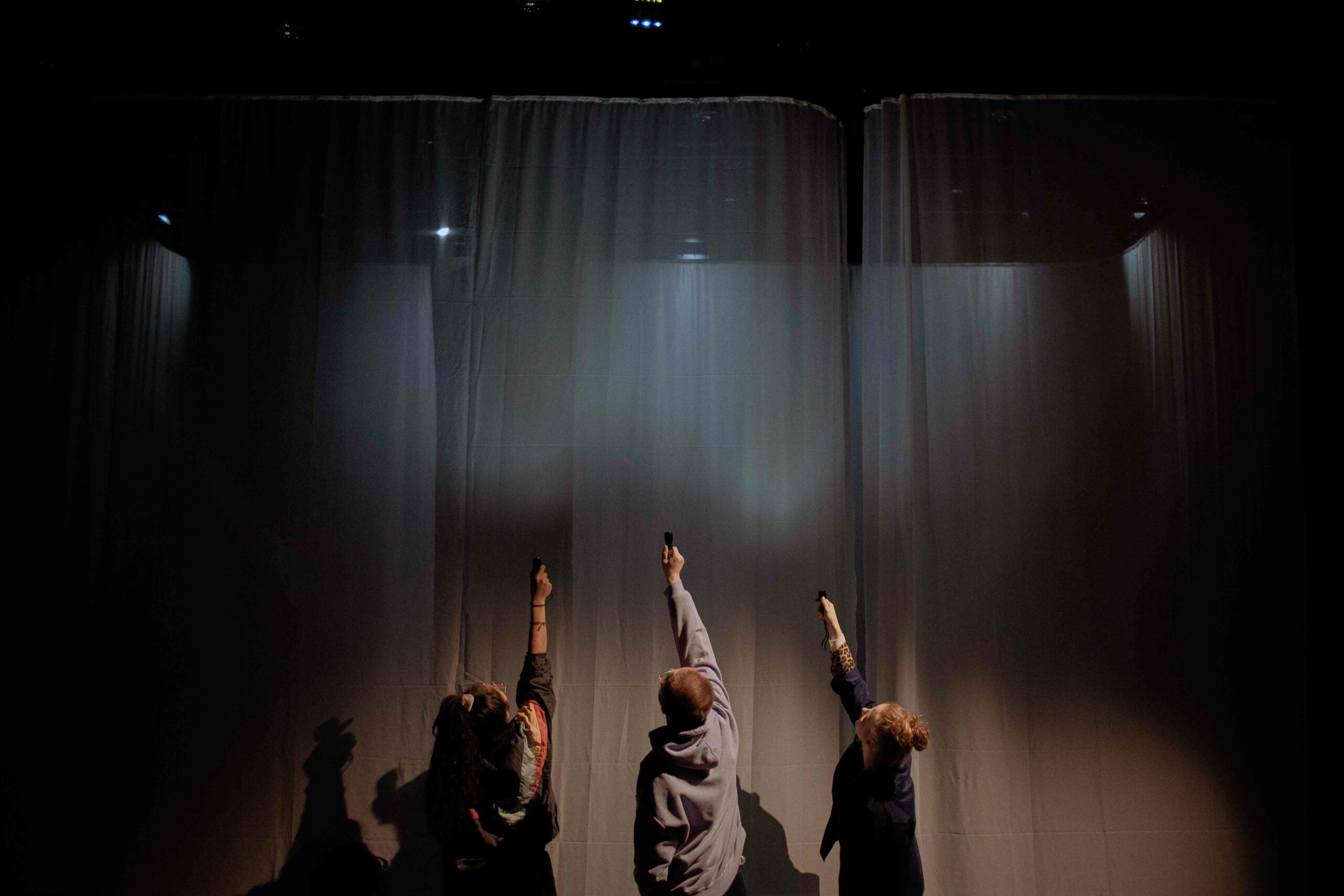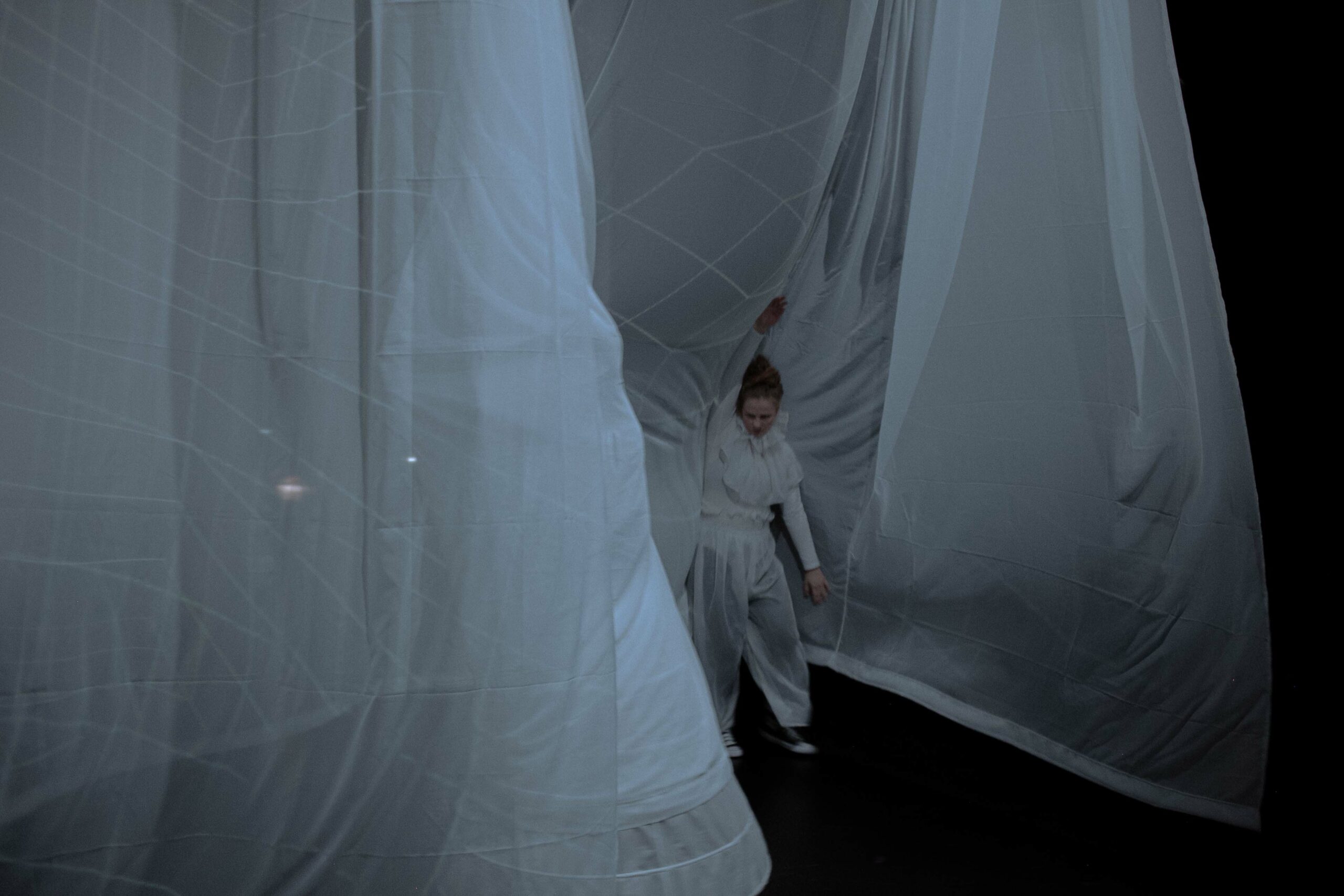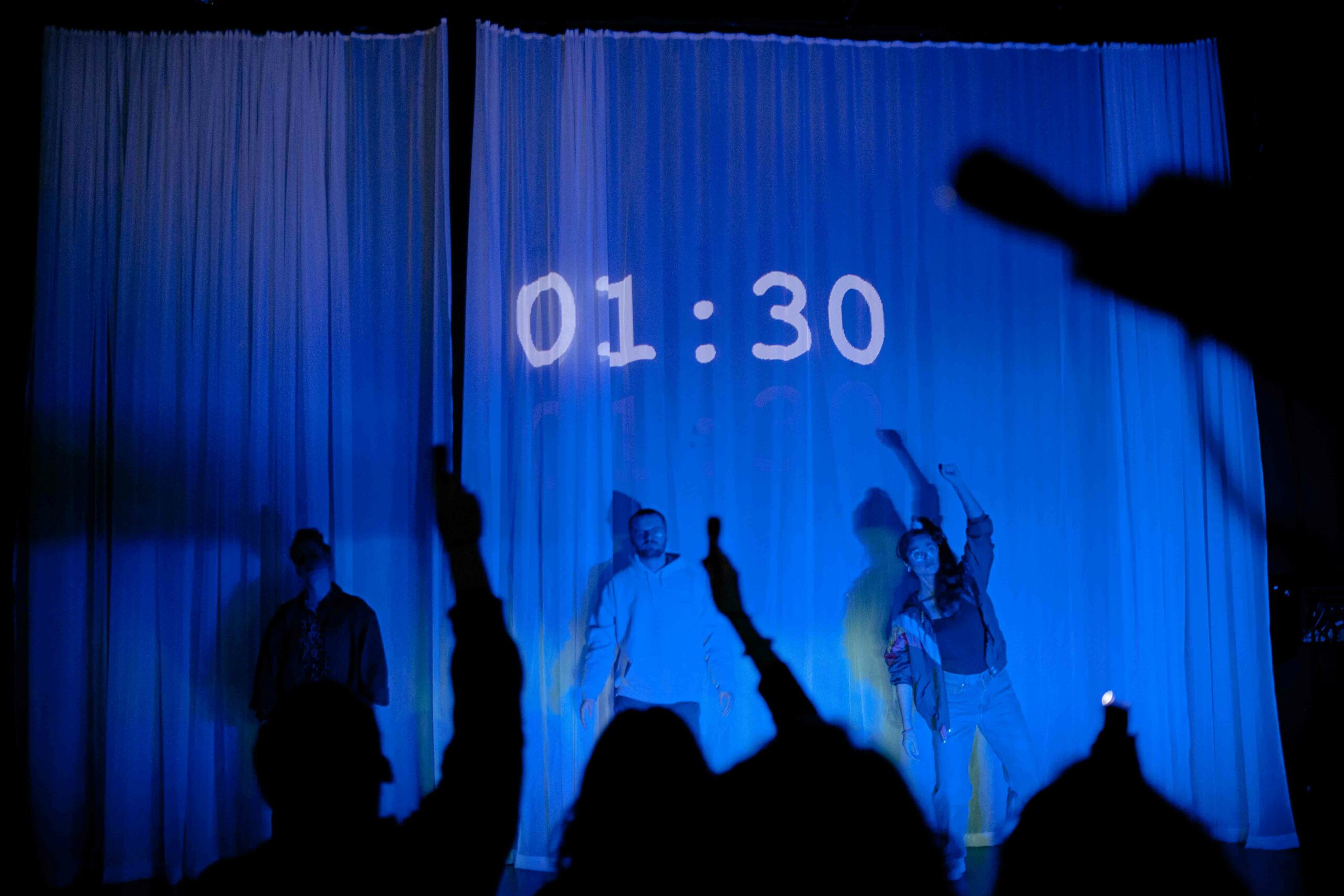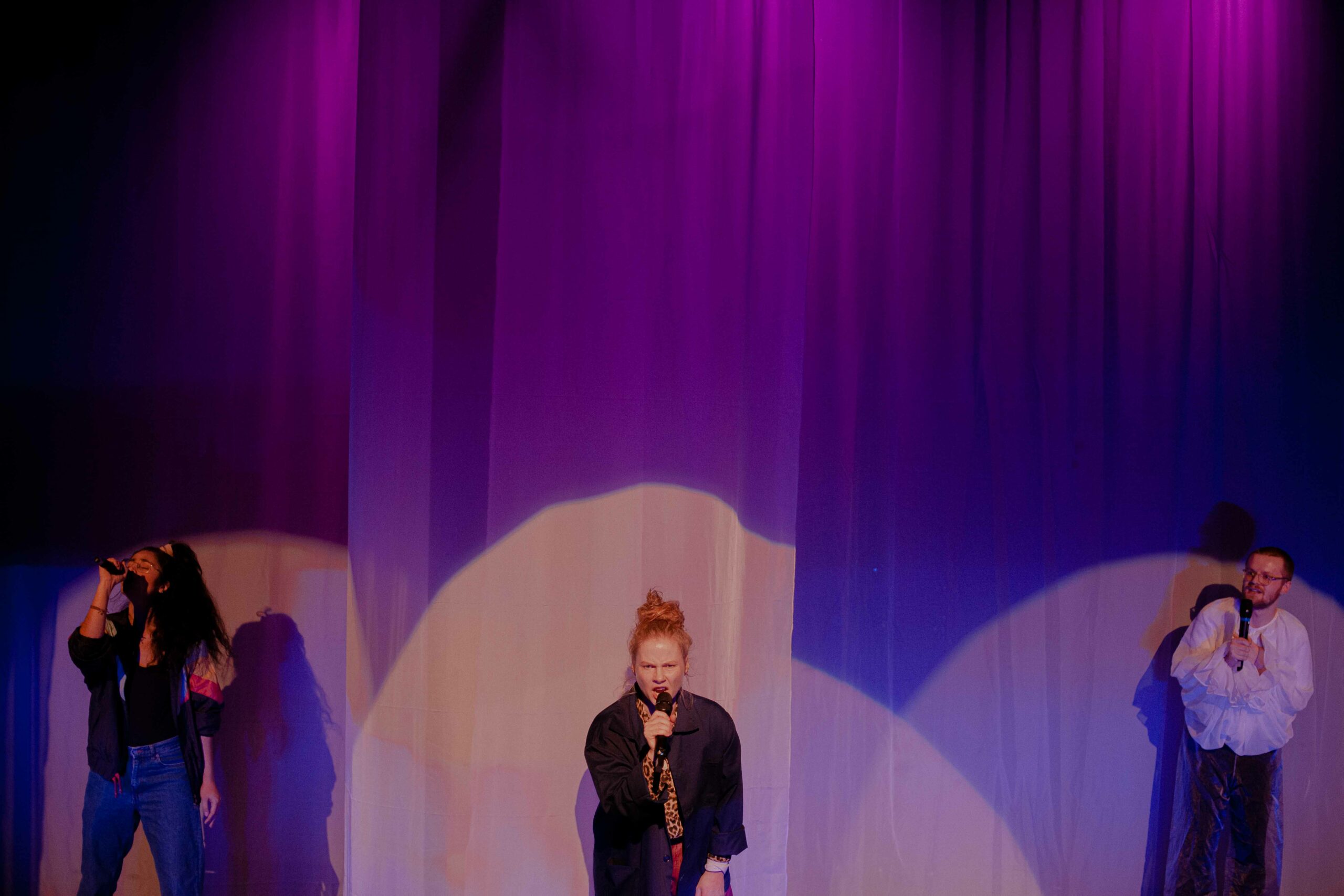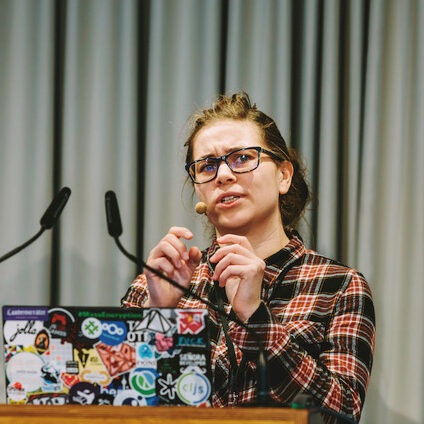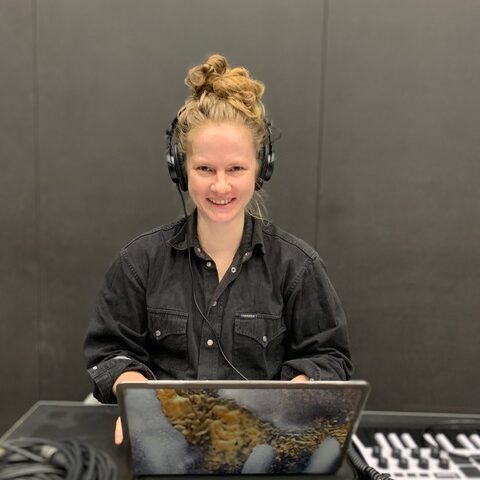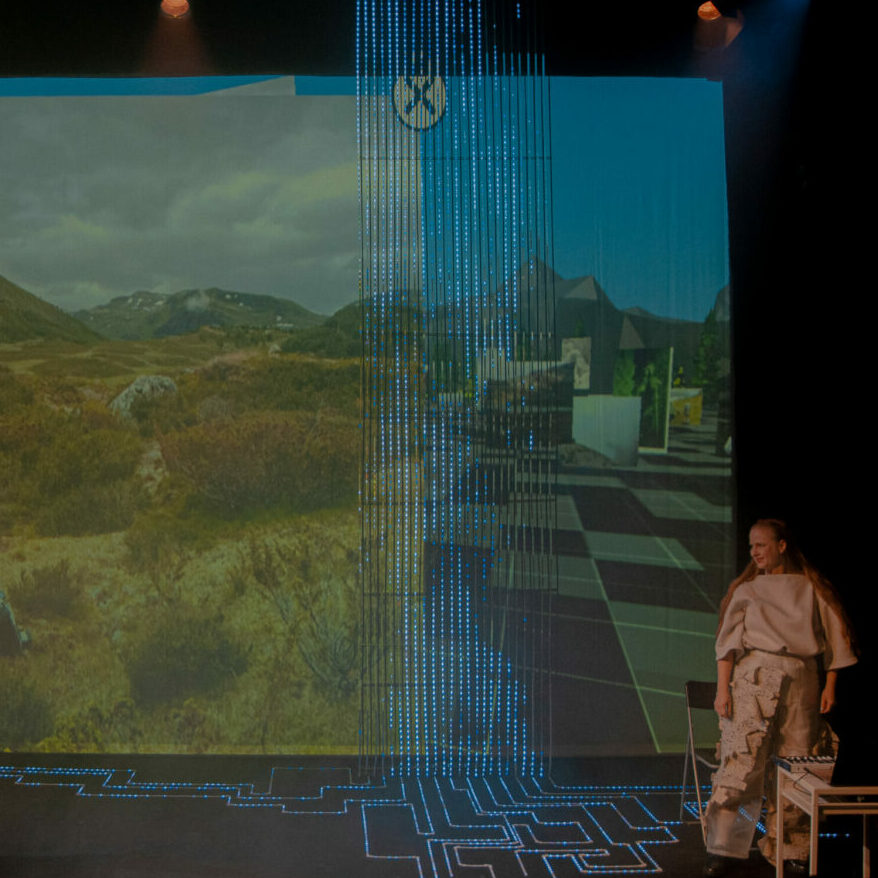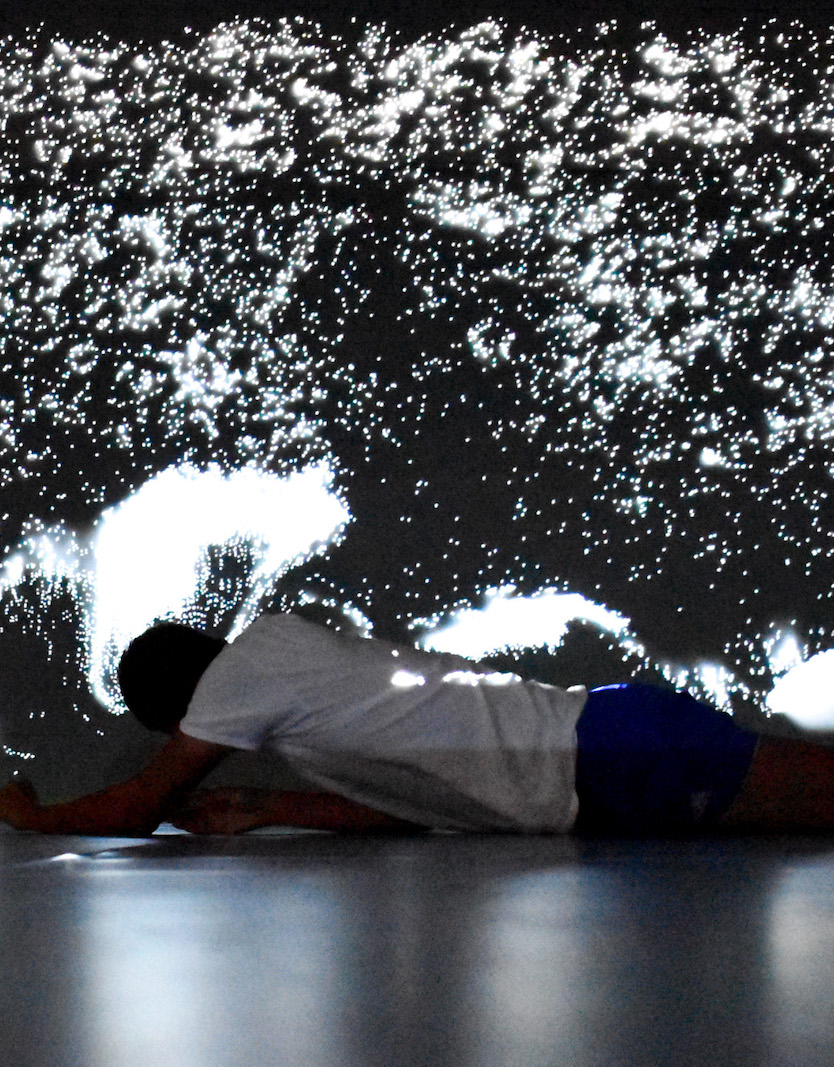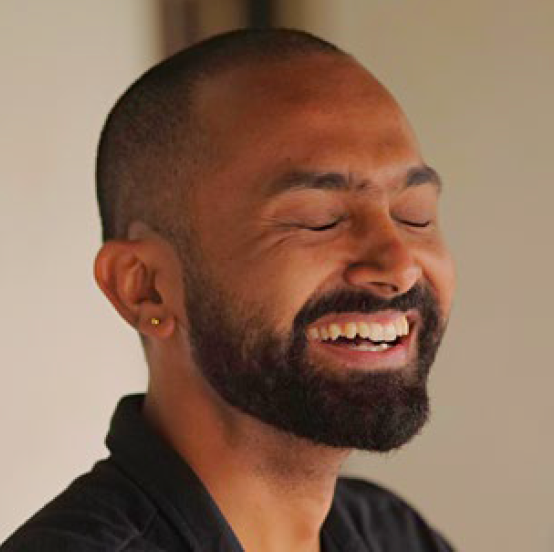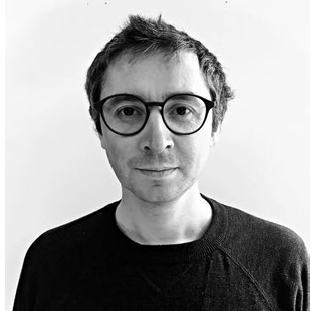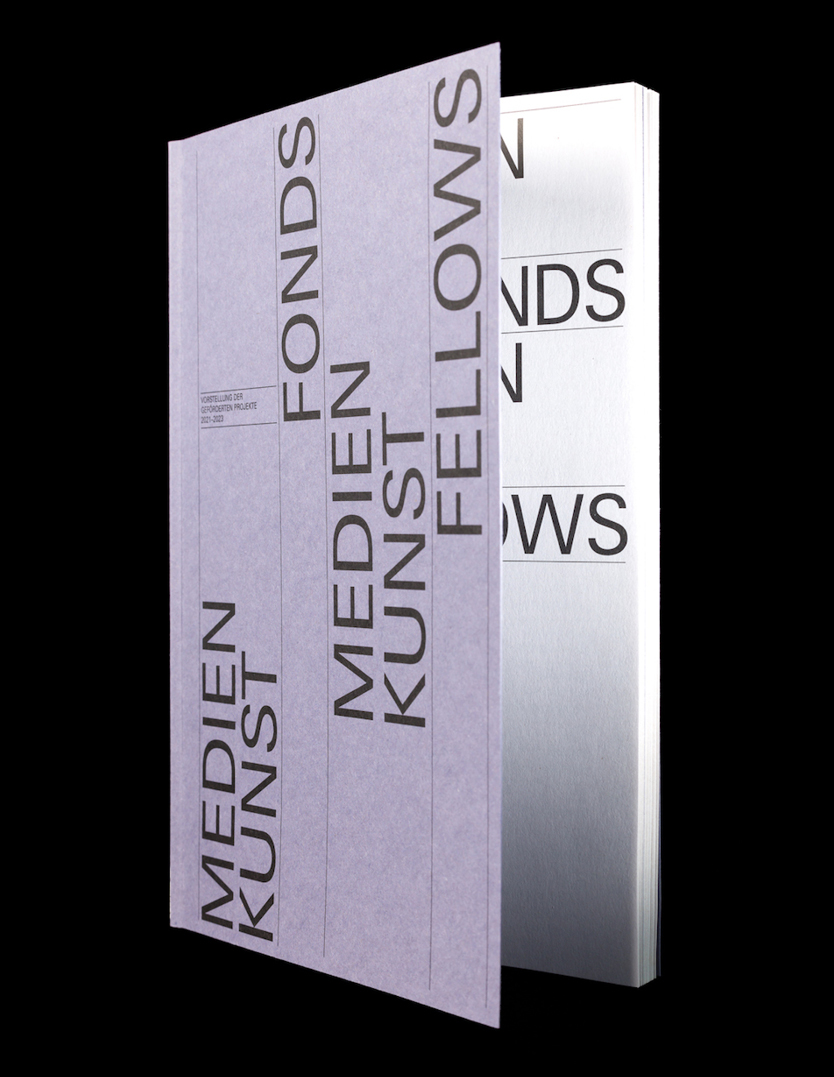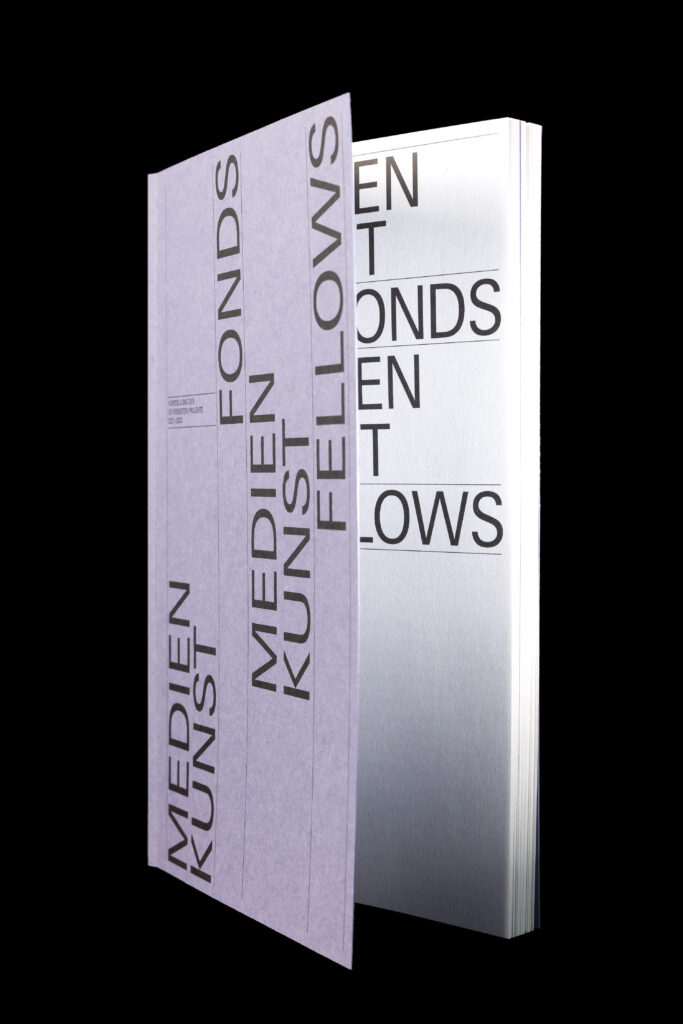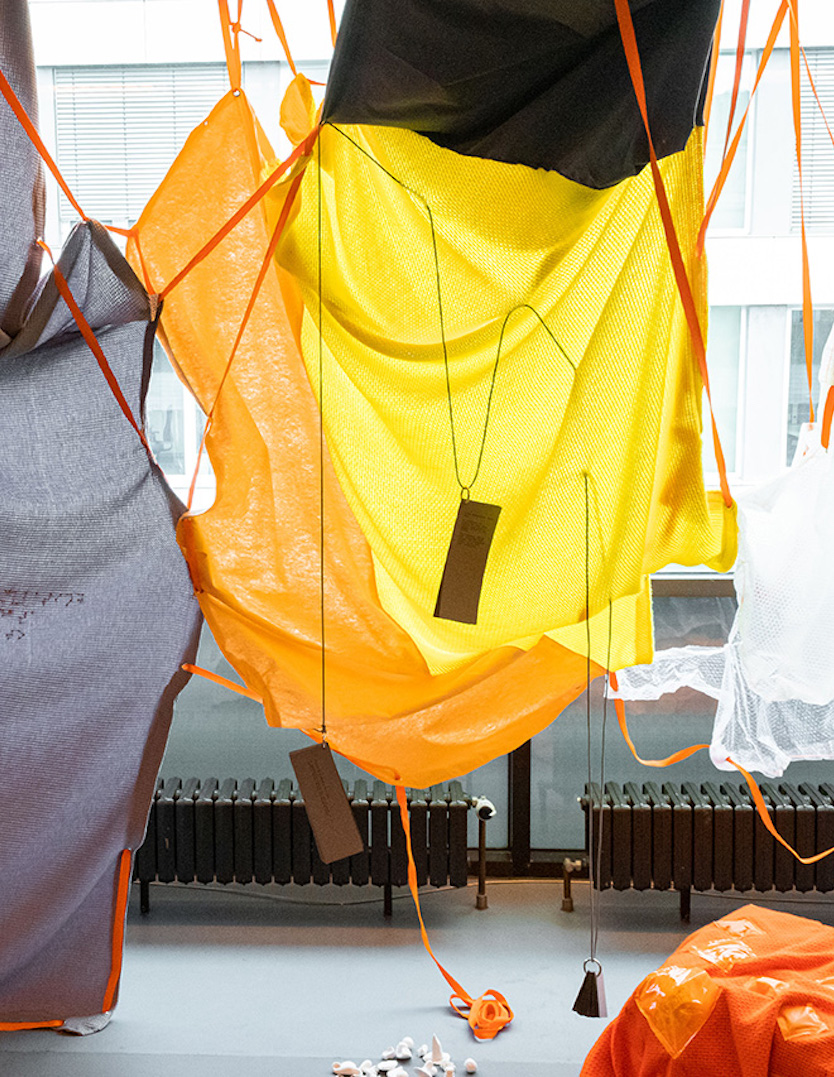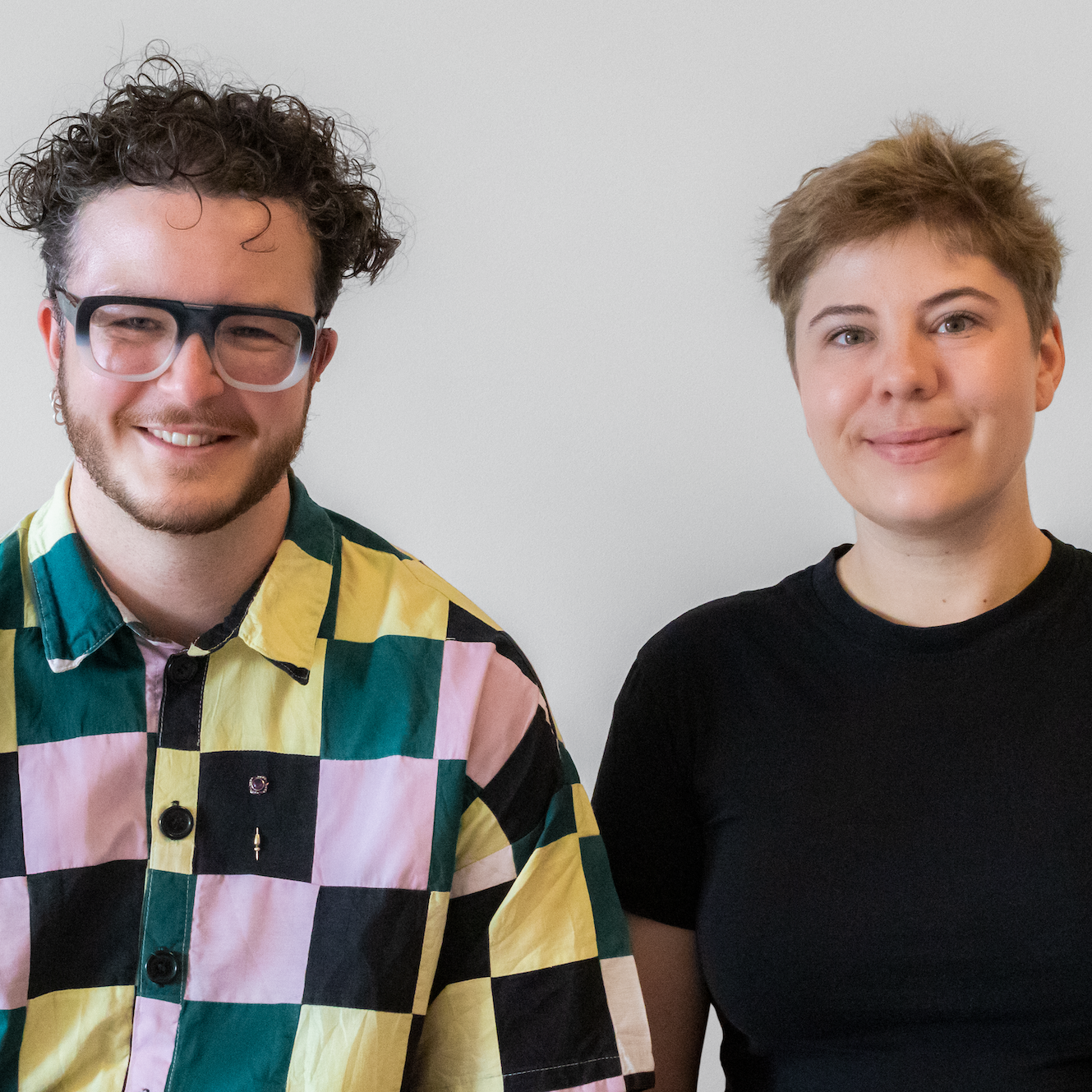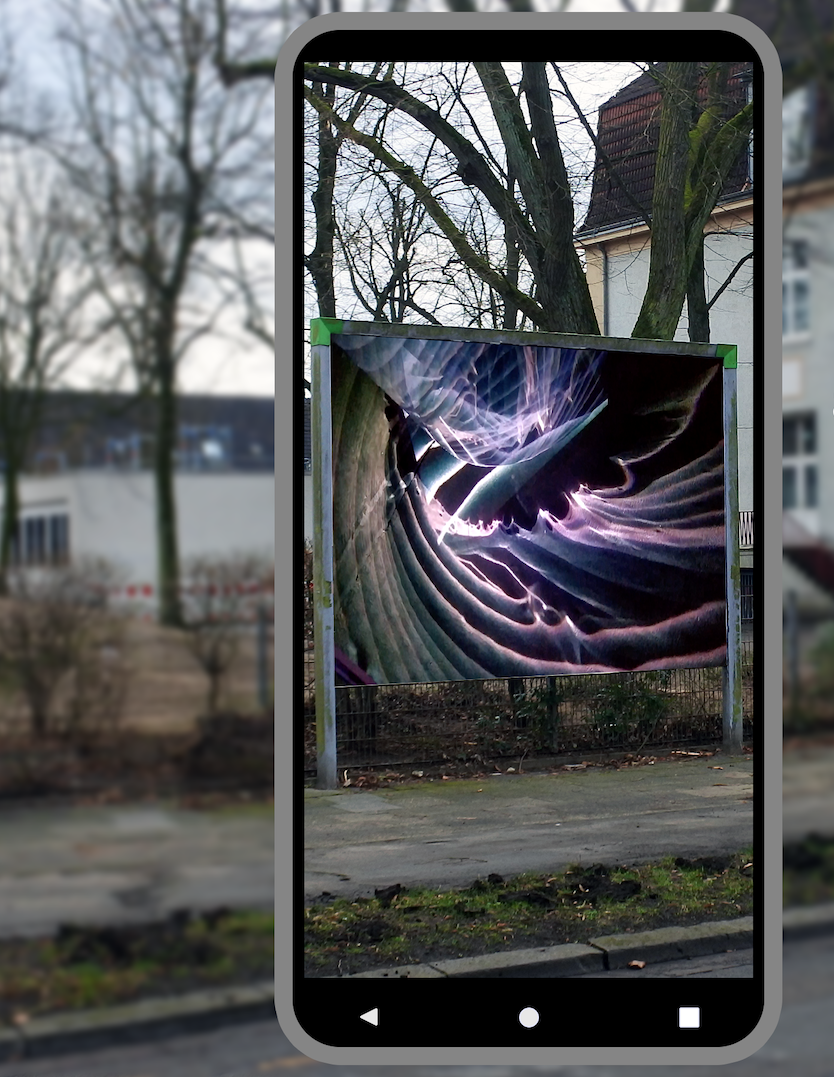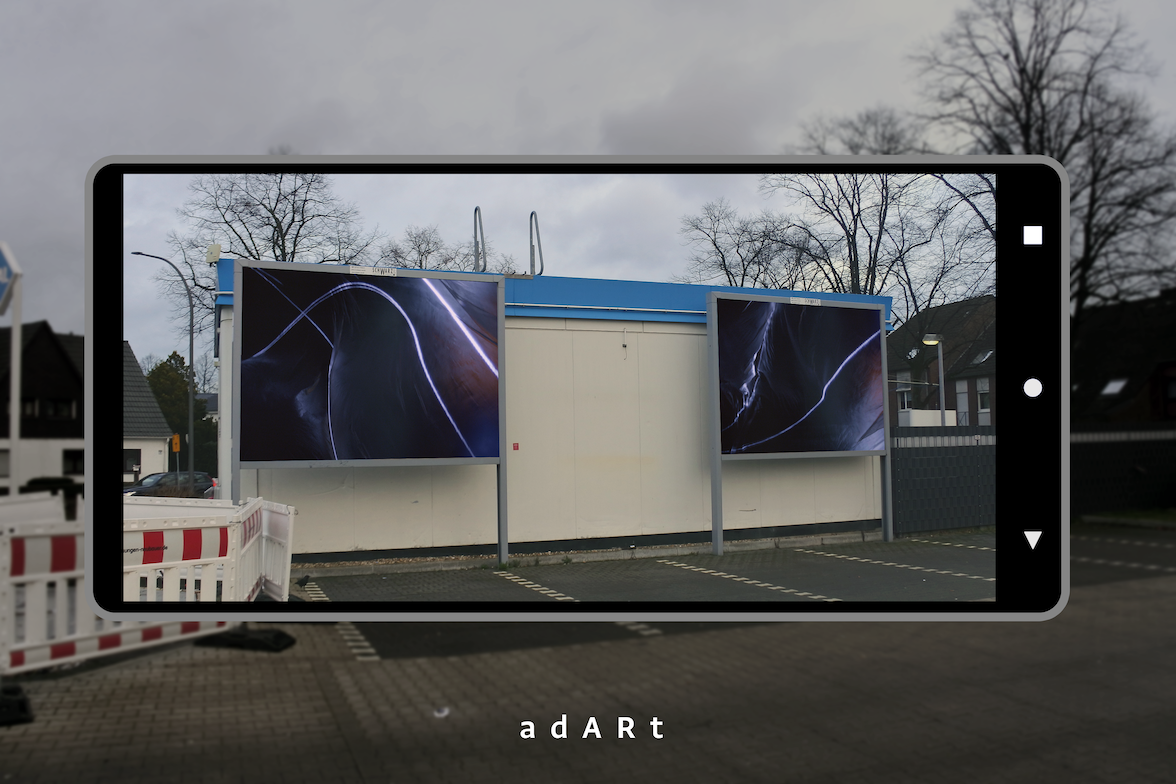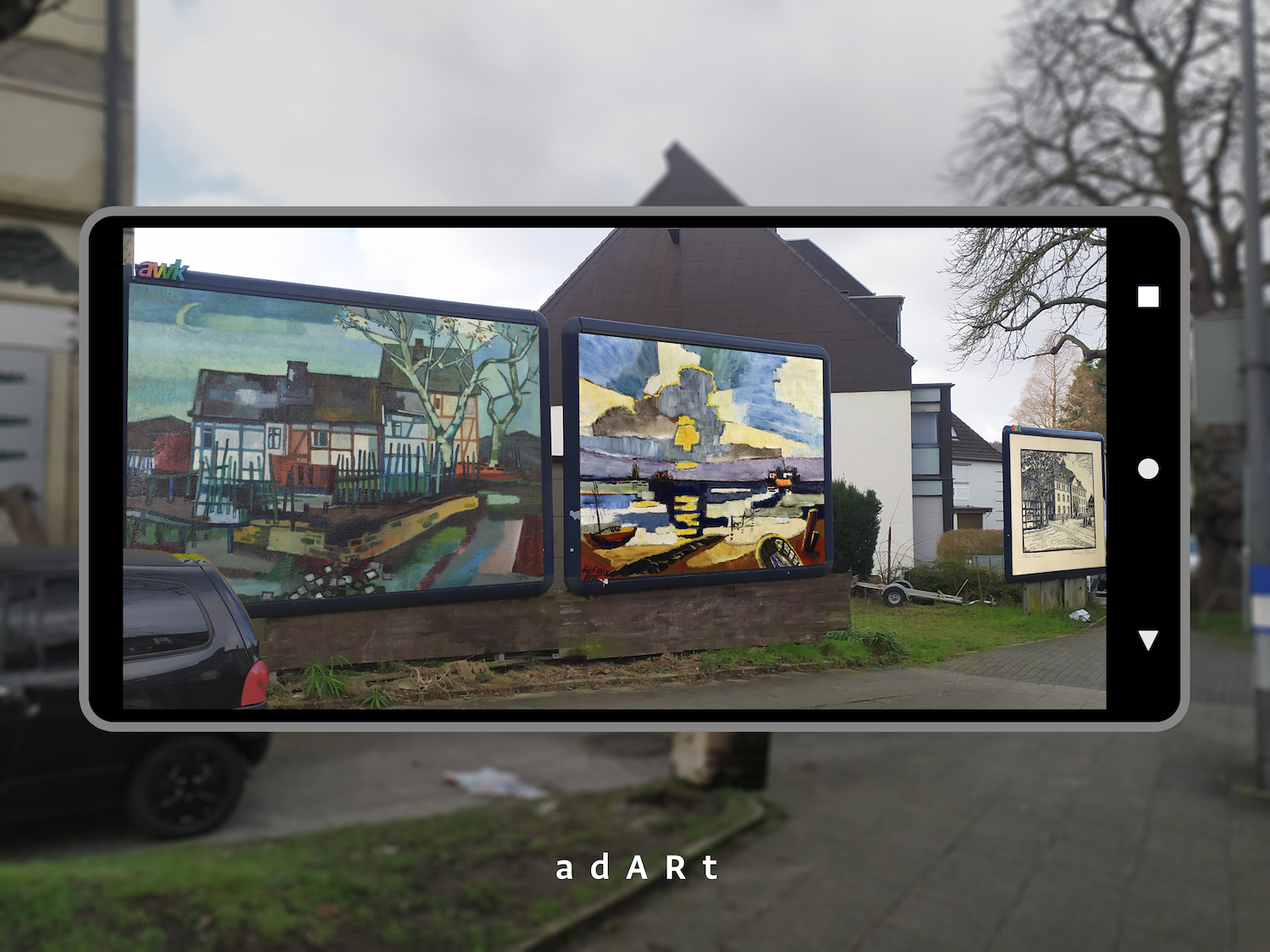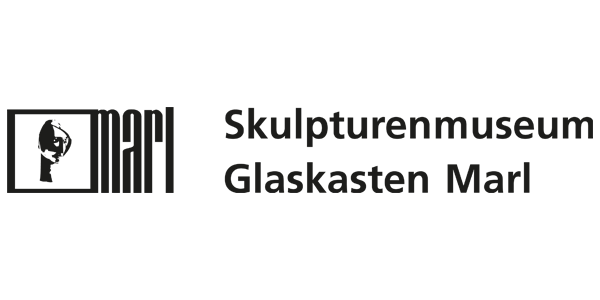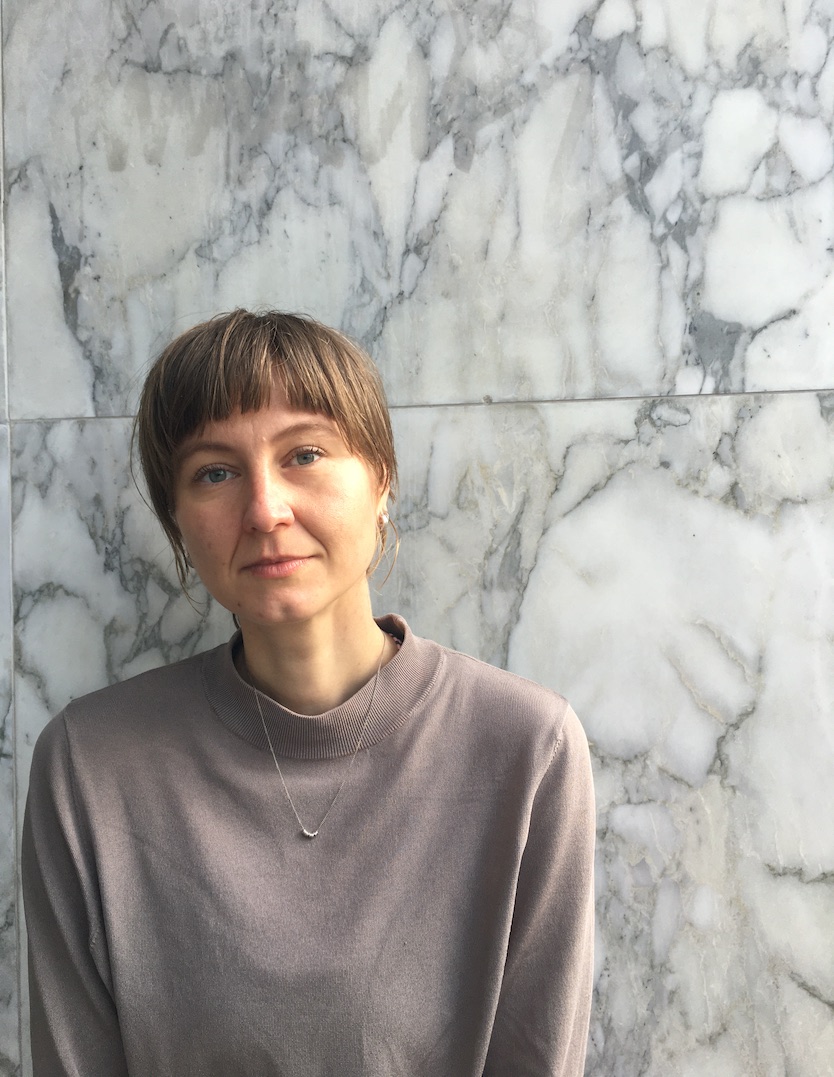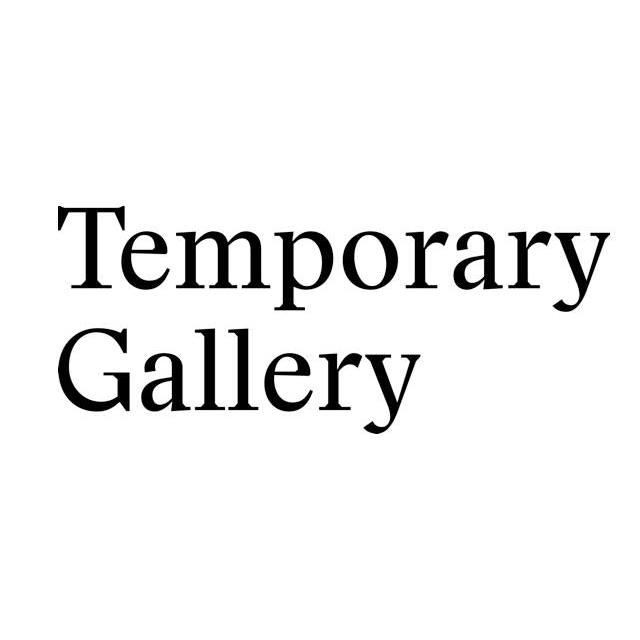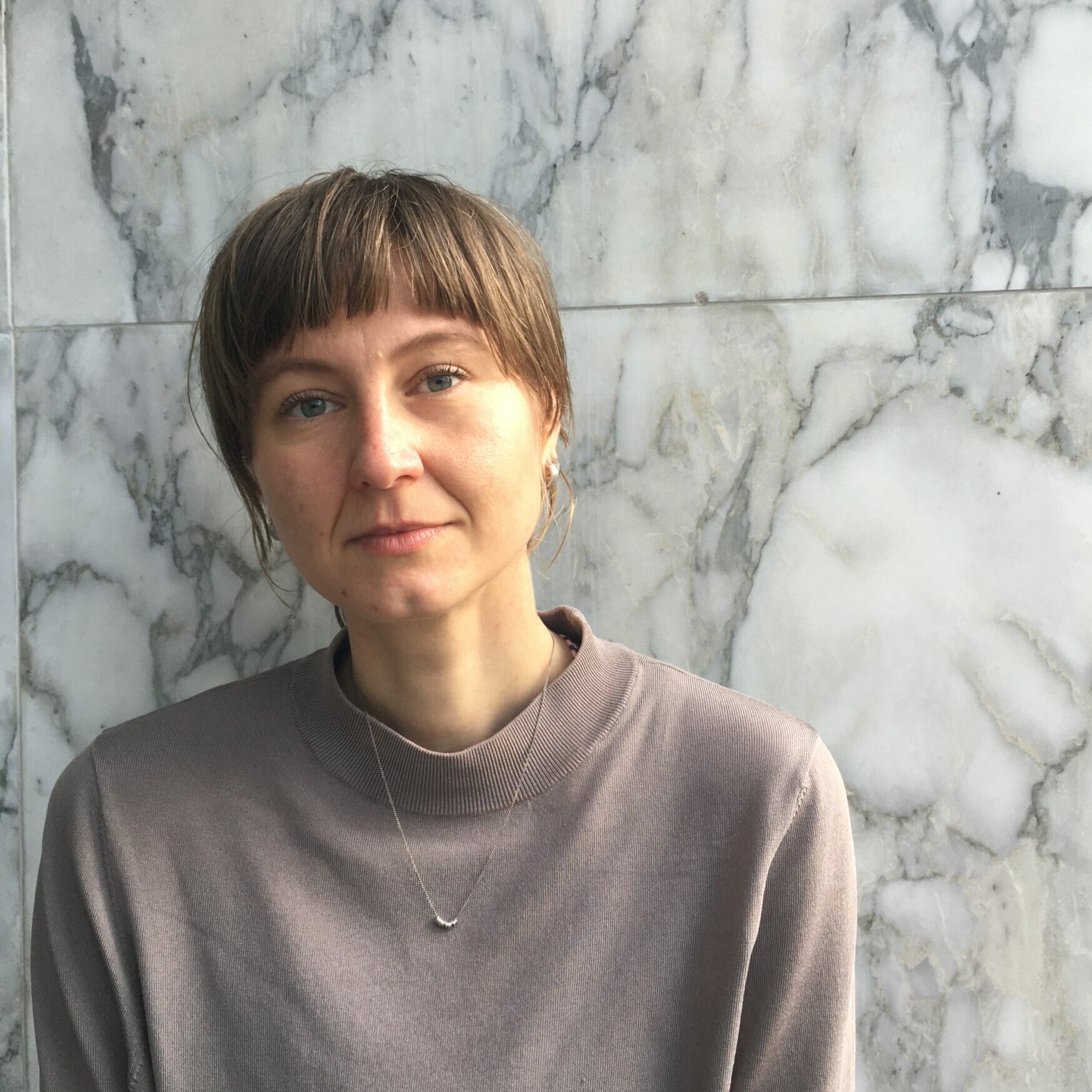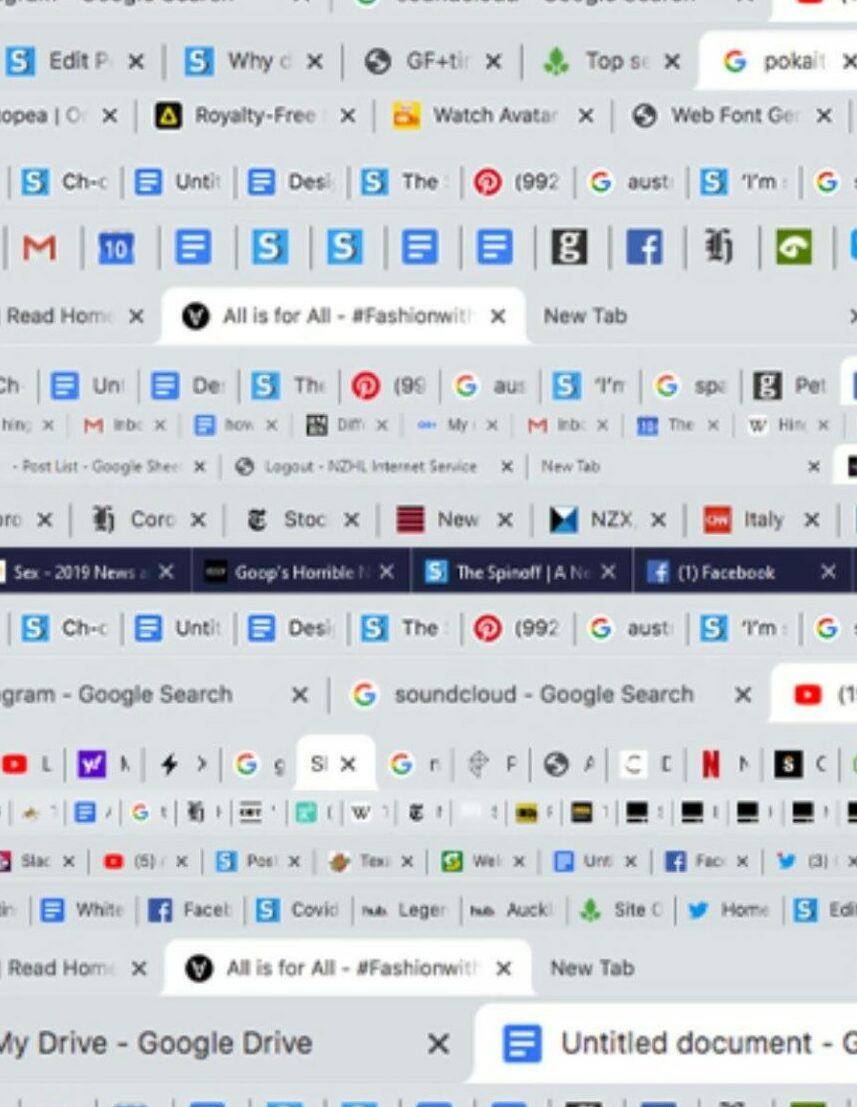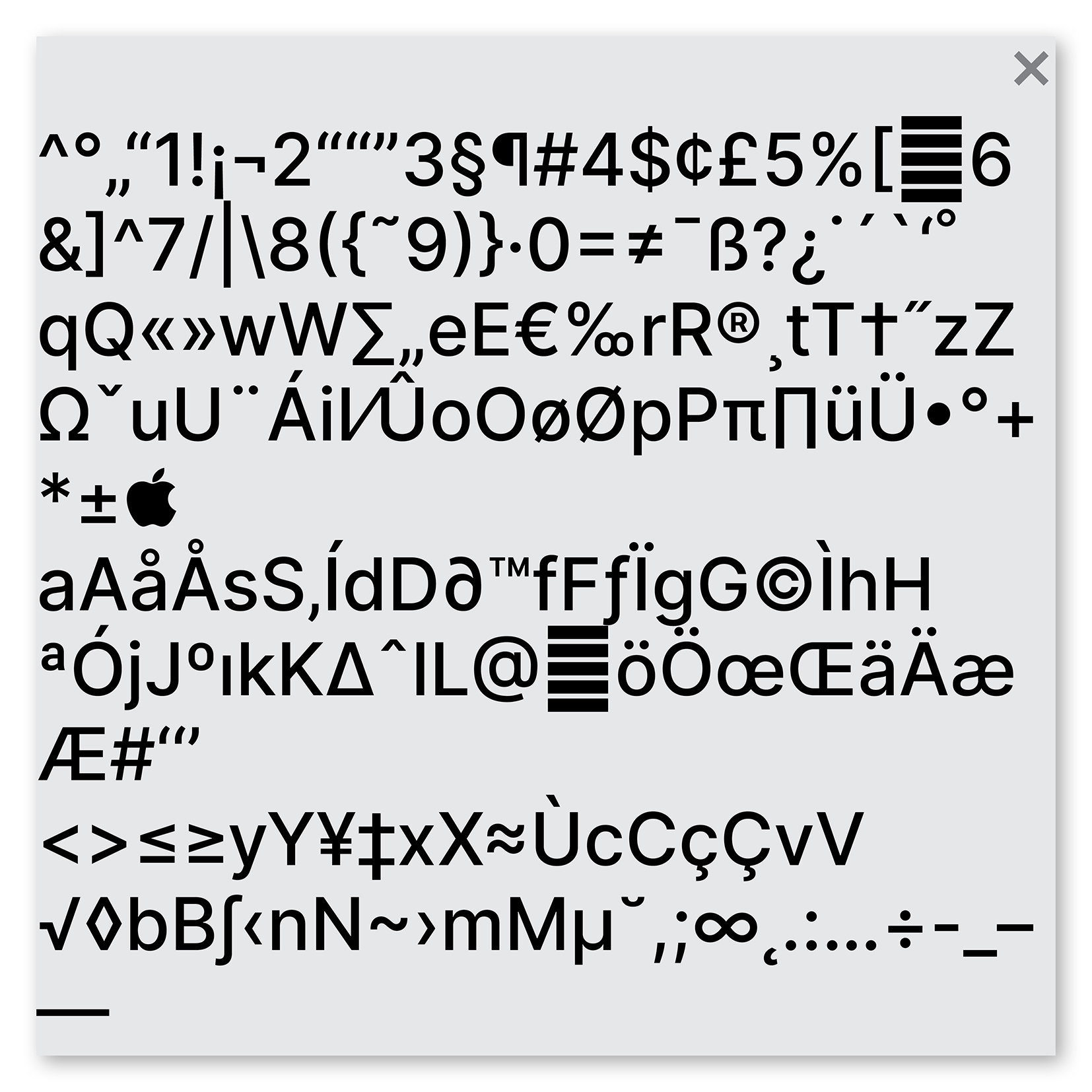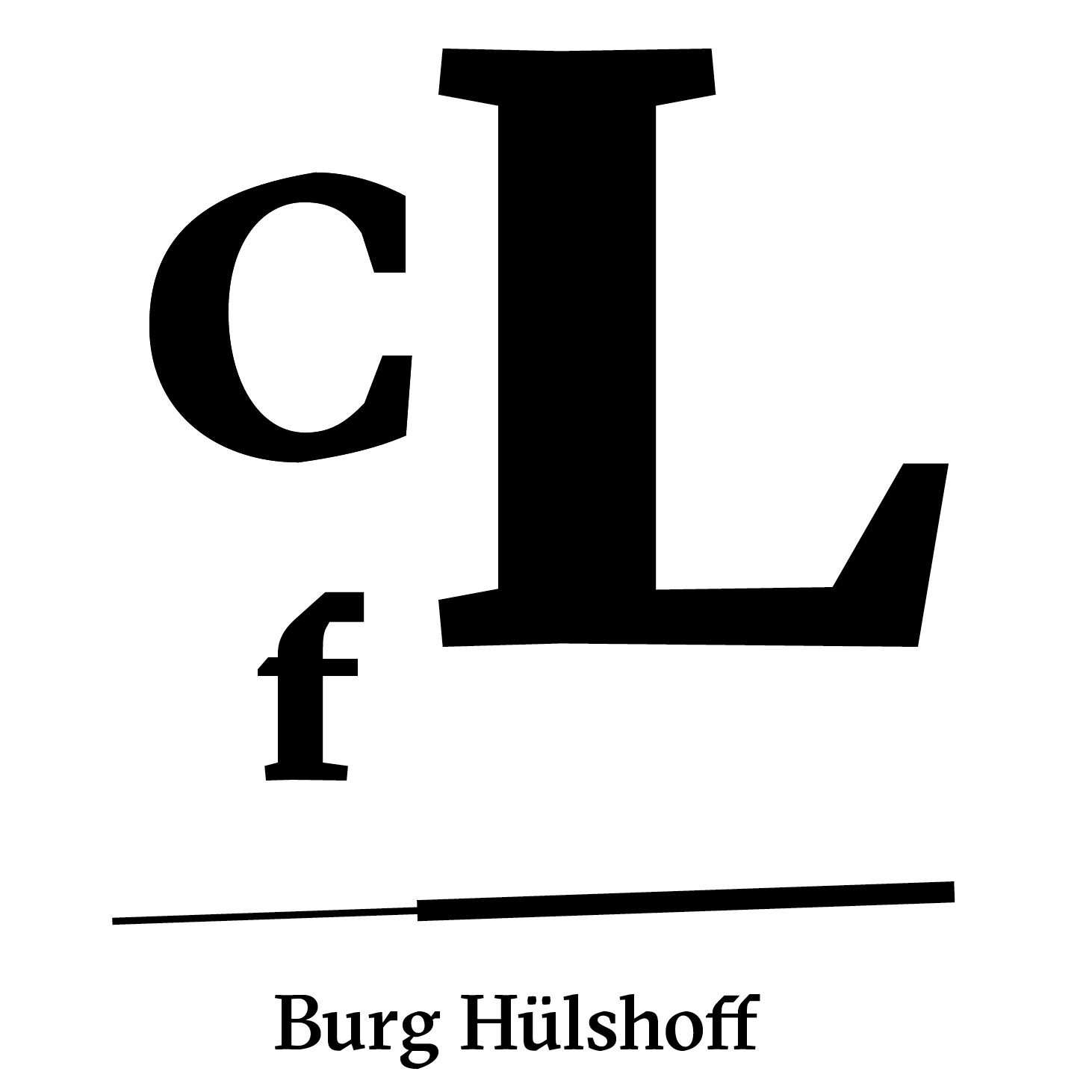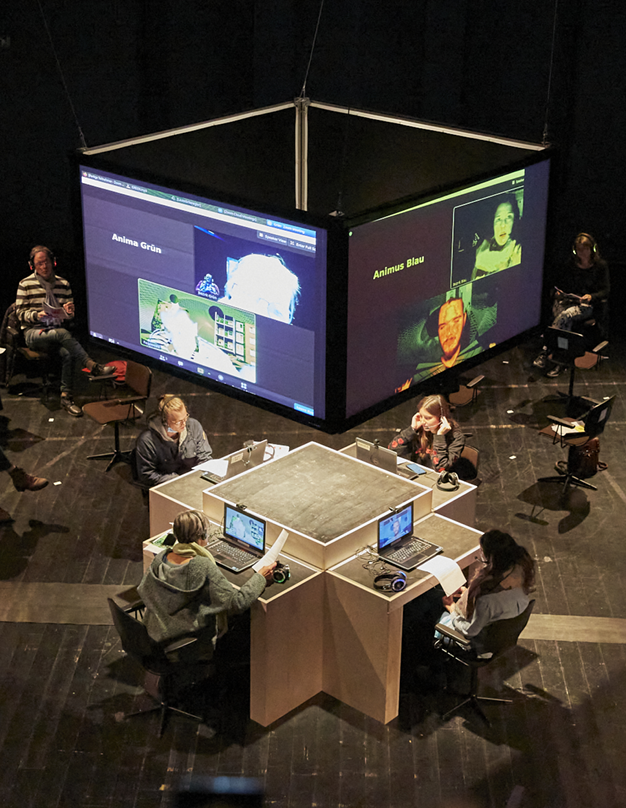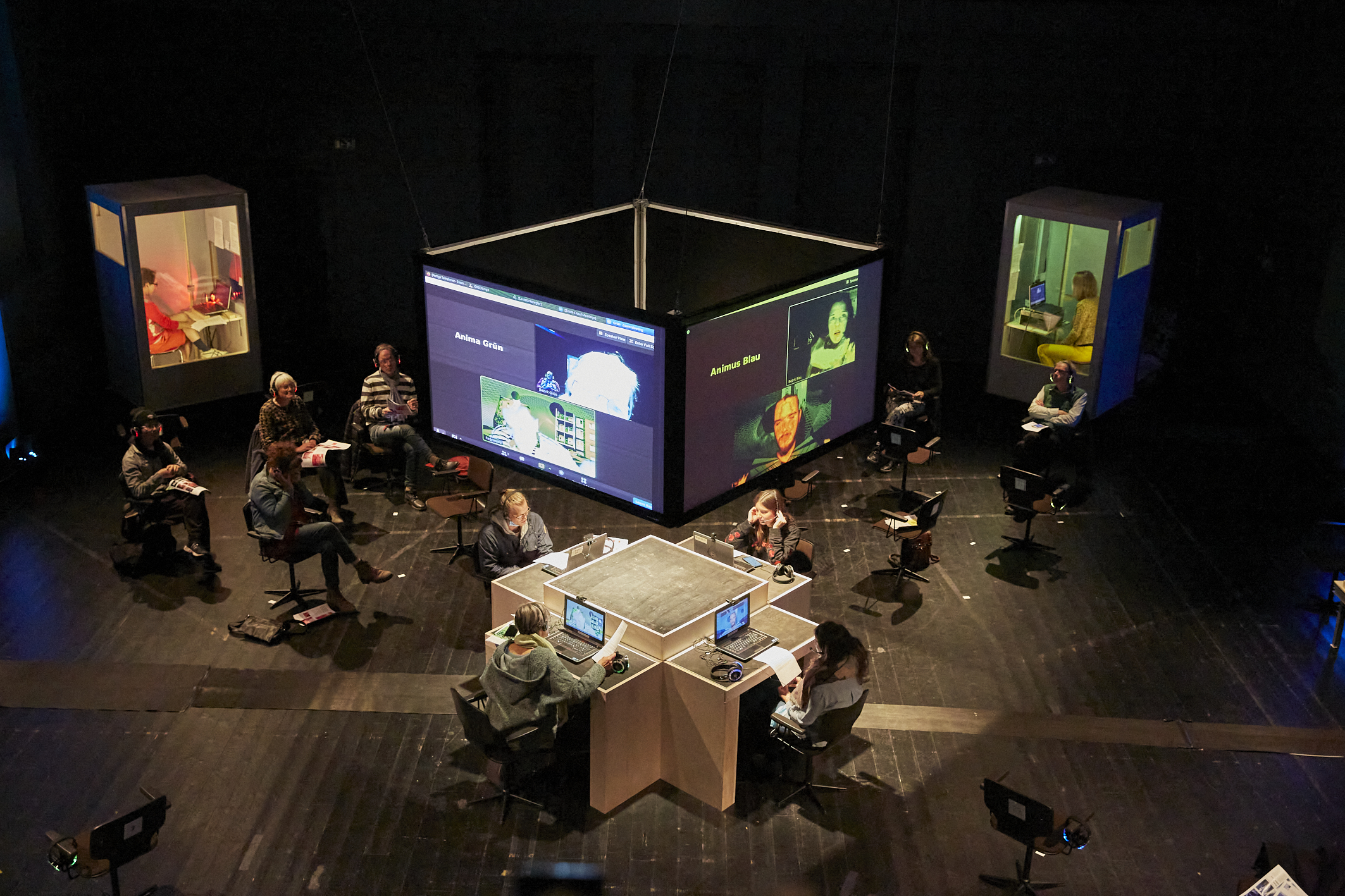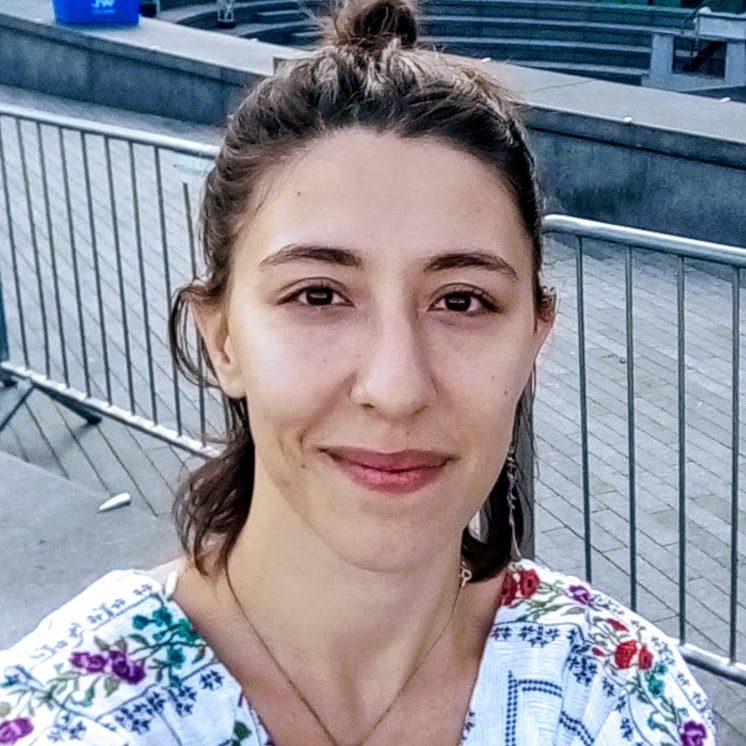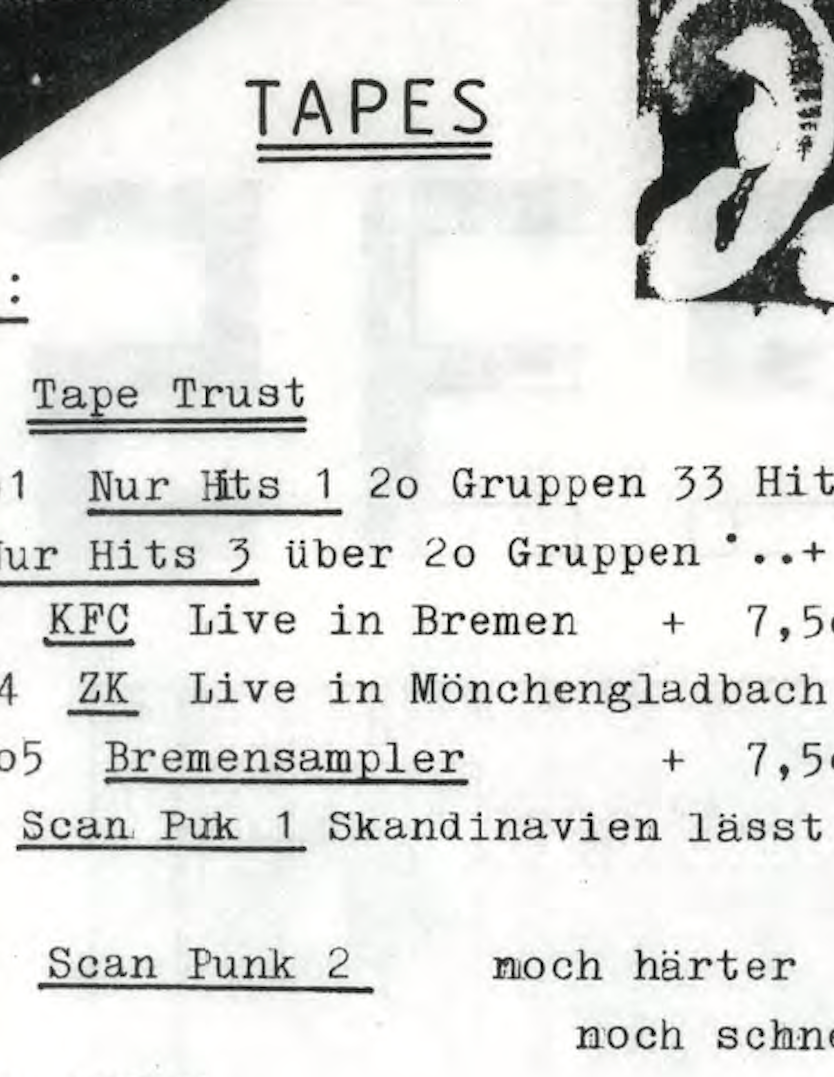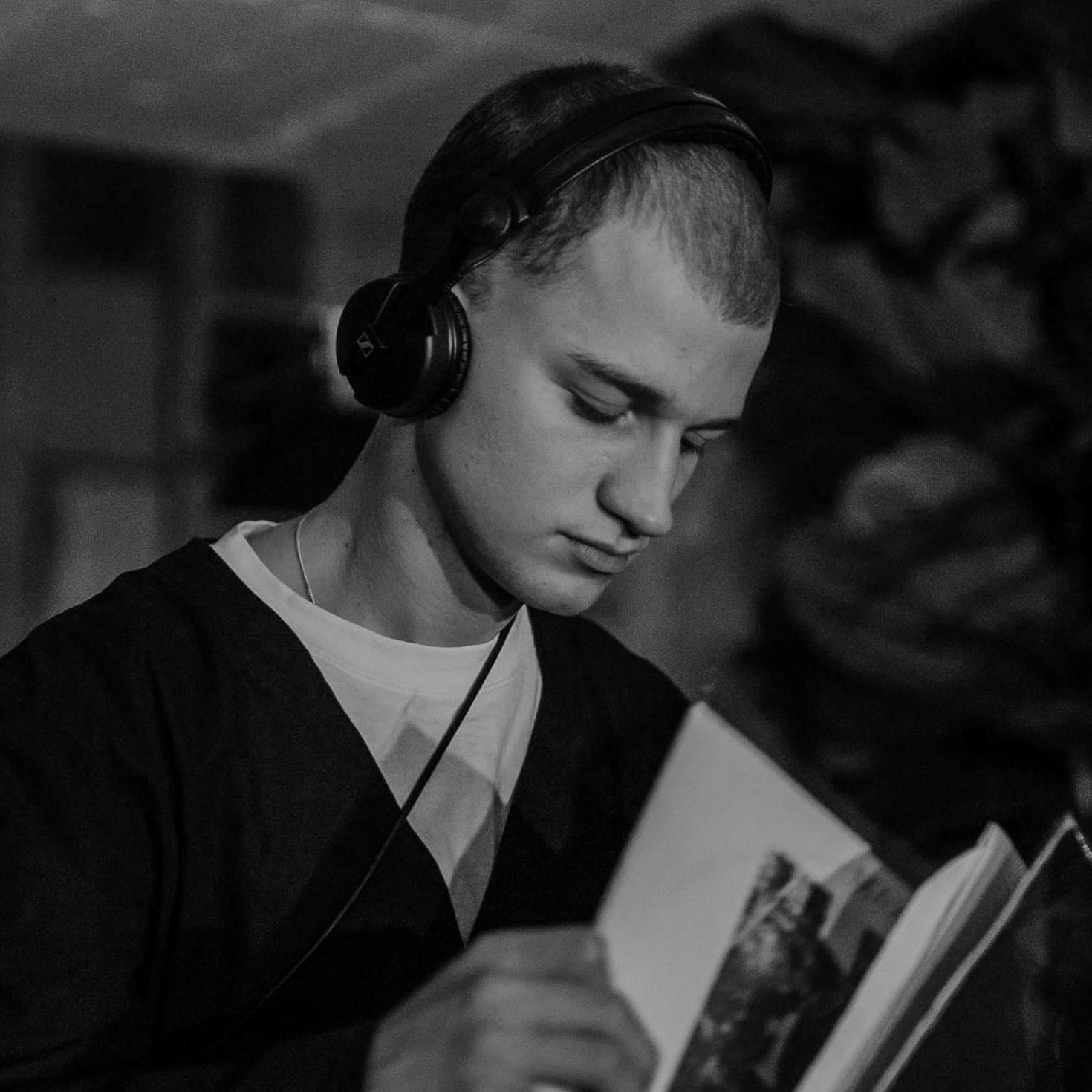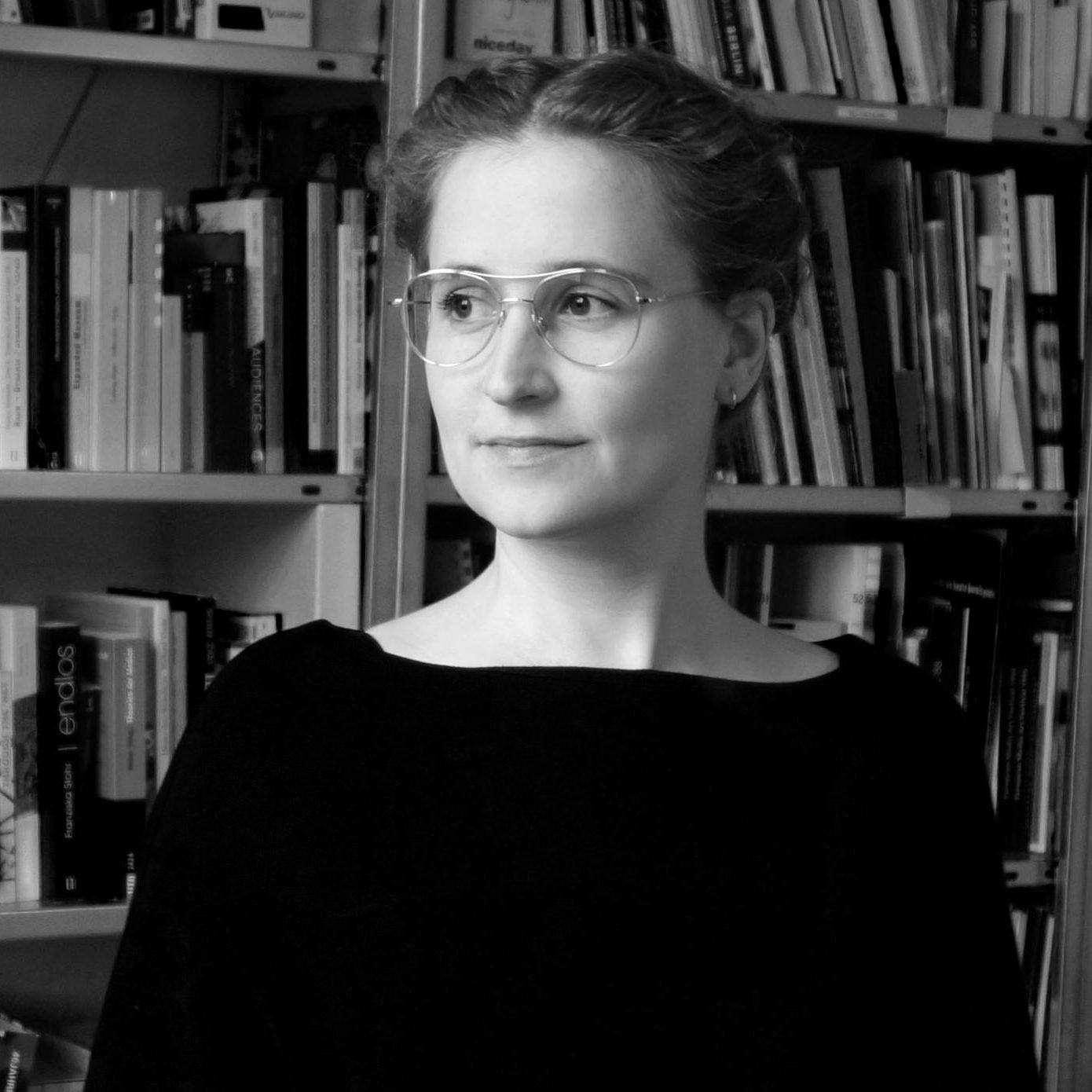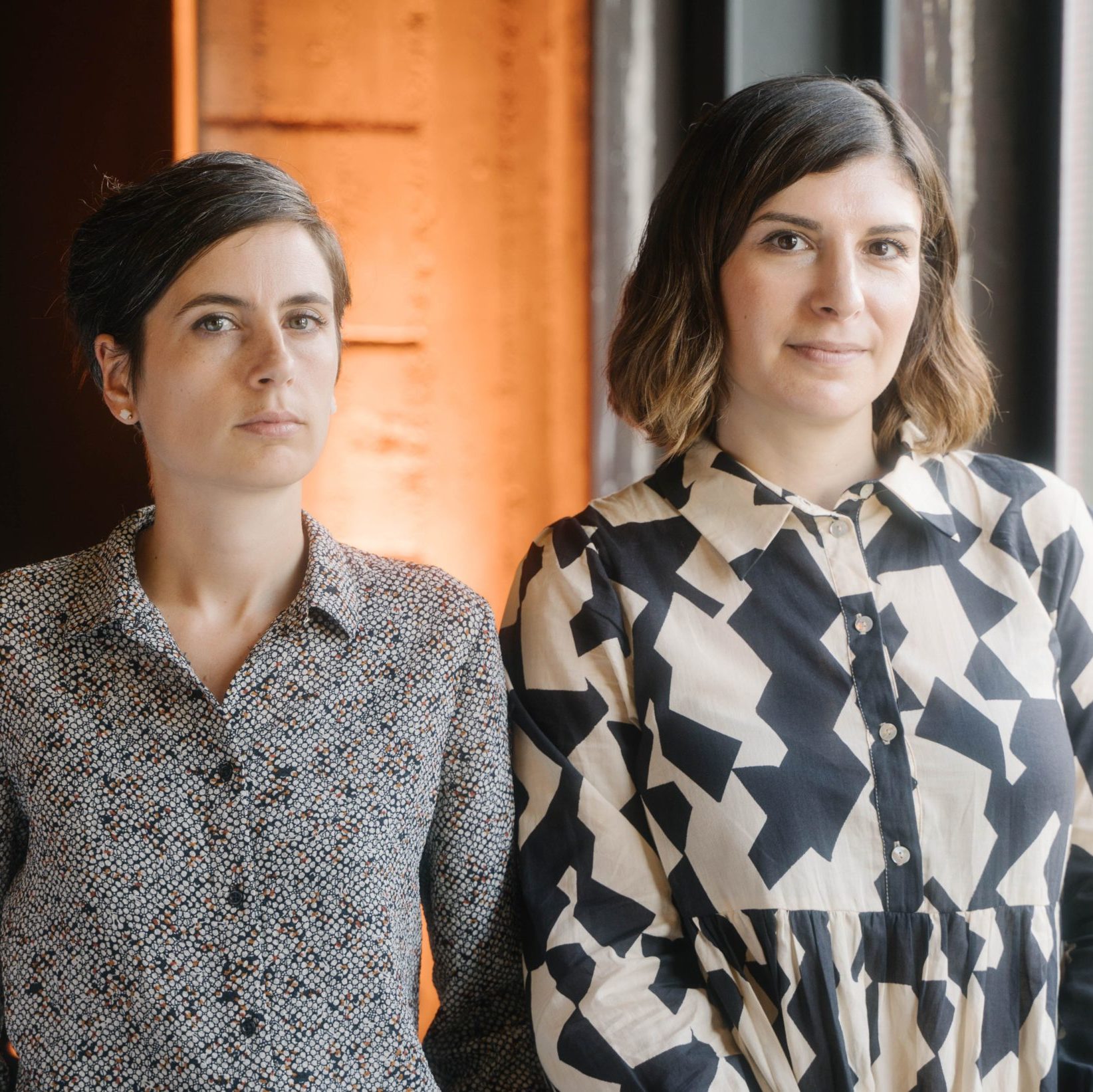Podcast behind the screens – behind the scenes | I AM YOUR BODY
Several projects have been selected as part of the new Media Art Fund and Media Art Fellows funding programmes. What do they all have in common? A co-operative mindset and the ambition to use media art and digital culture to investigate current issues and developments in the fields of art, technology and society. In the second series of the podcast, journalist Sophie Emilie Beha wants to find out from the people involved what other ideas and goals lie behind the projects of art and cultural institutions and initiatives from all over NRW. In behind the screens – behind the scenes, she talks to artists, curators and researchers from NRW about topics that concern and affect them. They conduct research together: into the essential, the hidden, points of friction and interfaces with society that can be found in the projects.
Episode 15: I AM YOUR BODY
How is sound perceived by those who do not hear it? How does one listen to something that cannot be heard? Sound is most often considered through the normalizing viewpoint of the non-deaf. If I become your body, what does sound become for me?
These are a few questions discussed in the new episode of the podcast “behind the screens – behind the scenes” by medienwerk.nrw. Journalist Sophie Emilie Beha talks with artist Marco Donnarumma about his project I Am Your Body. The project artistically and scientifically engages with the relation between sound, AI and the embodied knowledge enshrined in D/deaf and hard of hearing bodies. It originates from reflections on Marco’s own hearing condition and builds on his previous works with AI and robotics that investigated technology and body politics. “I Am Your Body“ is based on a collaborative process of artistic research with other d/Deaf people. A working group of D/deaf and hard-of-hearing people was selected through an open call. The group met in regular sessions and shared, analysed and collected personal accounts of their embodied experience of sound and technology.
As a result of this research, Marco Donnarumma presented a film installation and a performance and a round table with the Group participants and the public. This took place at PACT Zollverein in Essen, where he was residing as an artistic research fellow in 2023.
Download a transcript of this conversation here
Marco Donnarumma (DE / IT) is an artist, performer, stage director and theorist weaving together contemporary performance, new media art and interactive computer music since the early 2000s. He manipulates bodies, creates choreographies, engineers machines and composes sounds, thus combining disciplines, media and technology into an oneiric, sensual, uncompromising aesthetics. He is internationally acknowledged for solo performances, stage productions and installations that defy genres, and where the body becomes a morphing language to speak critically of ritual, power and technology.
More info about Marco Donnarumma
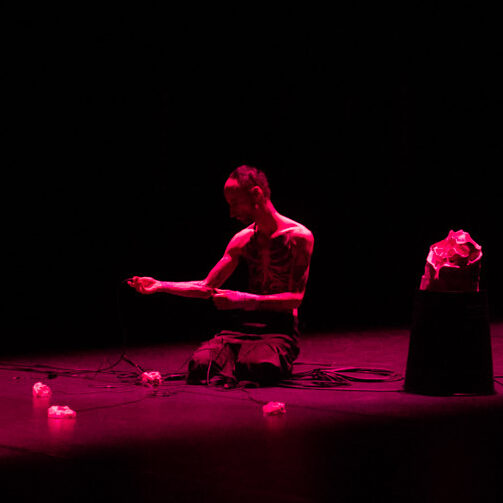
Founded in 2002, PACT Zollverein in Essen is a production house with a special focus on performing arts in relation to science, contemporary theory and social topics. The house initiates and promotes experimental, artistic and transdisciplinary forms of knowledge production. Within an international stage programme, PACT presents co-productions, premieres and guest performances and realizes discursive formats such as symposia and festivals in the platform area. As a residency venue, PACT is a central place of work and activity for international and local artists. Together with six other central institutions in Germany, PACT is a member of the Alliance of International Production Houses.
More info about PACT Zollverein
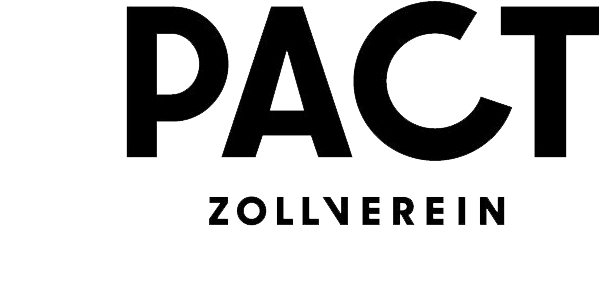
Sophie Emilie Beha is a multimedia music journalist. She works in various contexts, including music, text, language, curation, improvisation, dramaturgy and poetry. Sophie moderates festivals, concert introductions, podcasts and panel discussions. She is also an author and presenter for various public broadcasters. Furthermore, she curates interdisciplinary events, realizes transmedia compositions and works as a dramaturge for ensembles.
More info about Sophie
